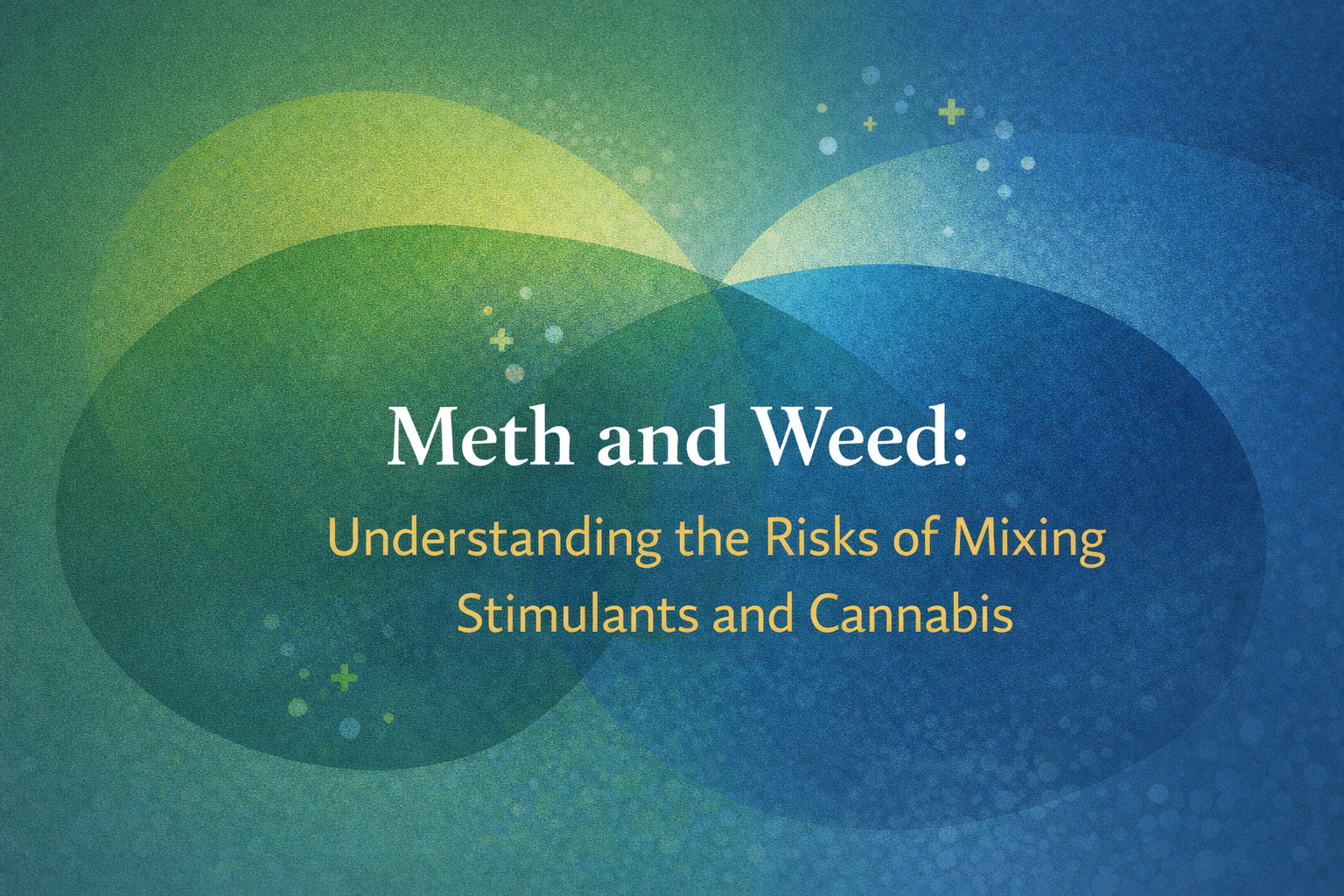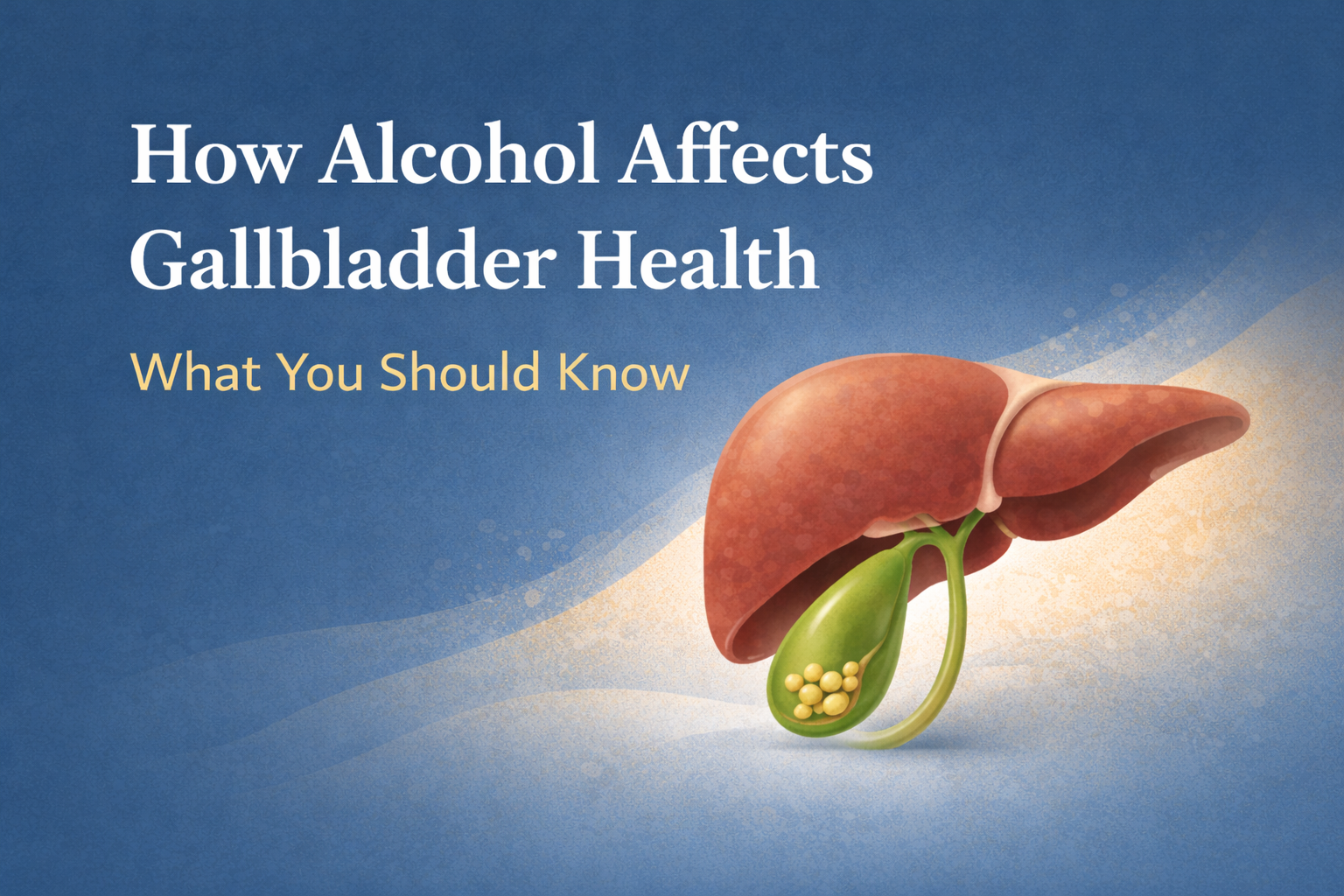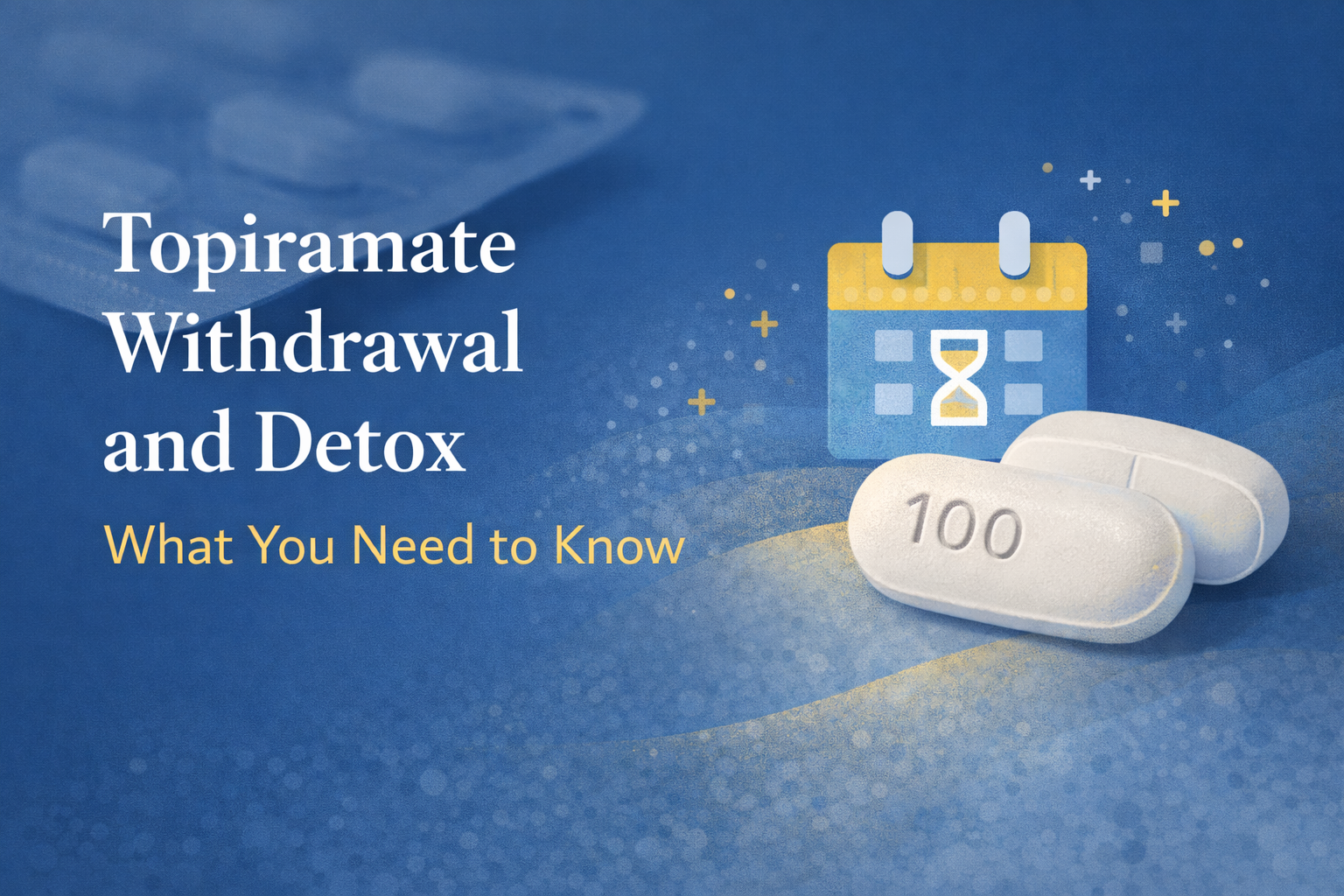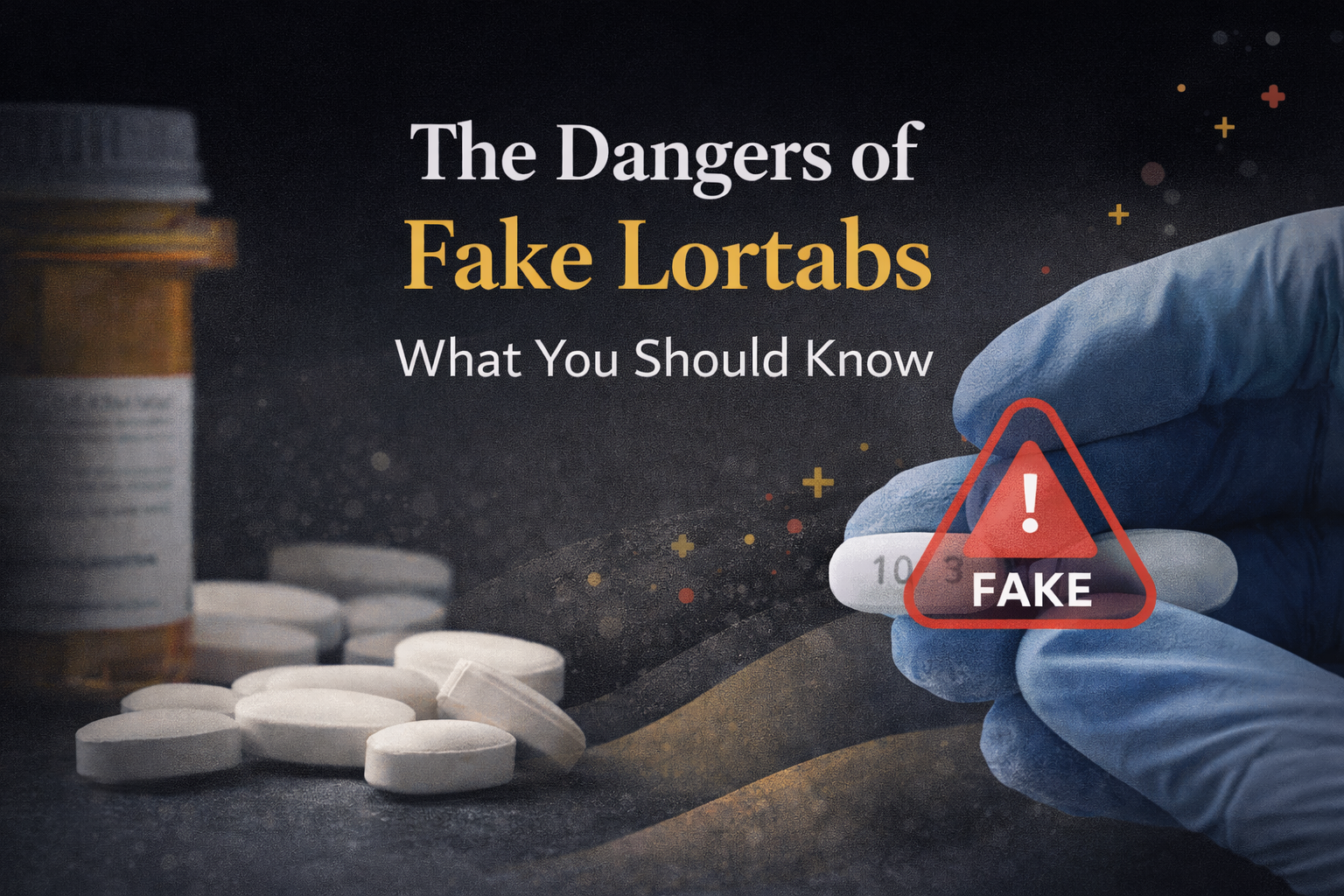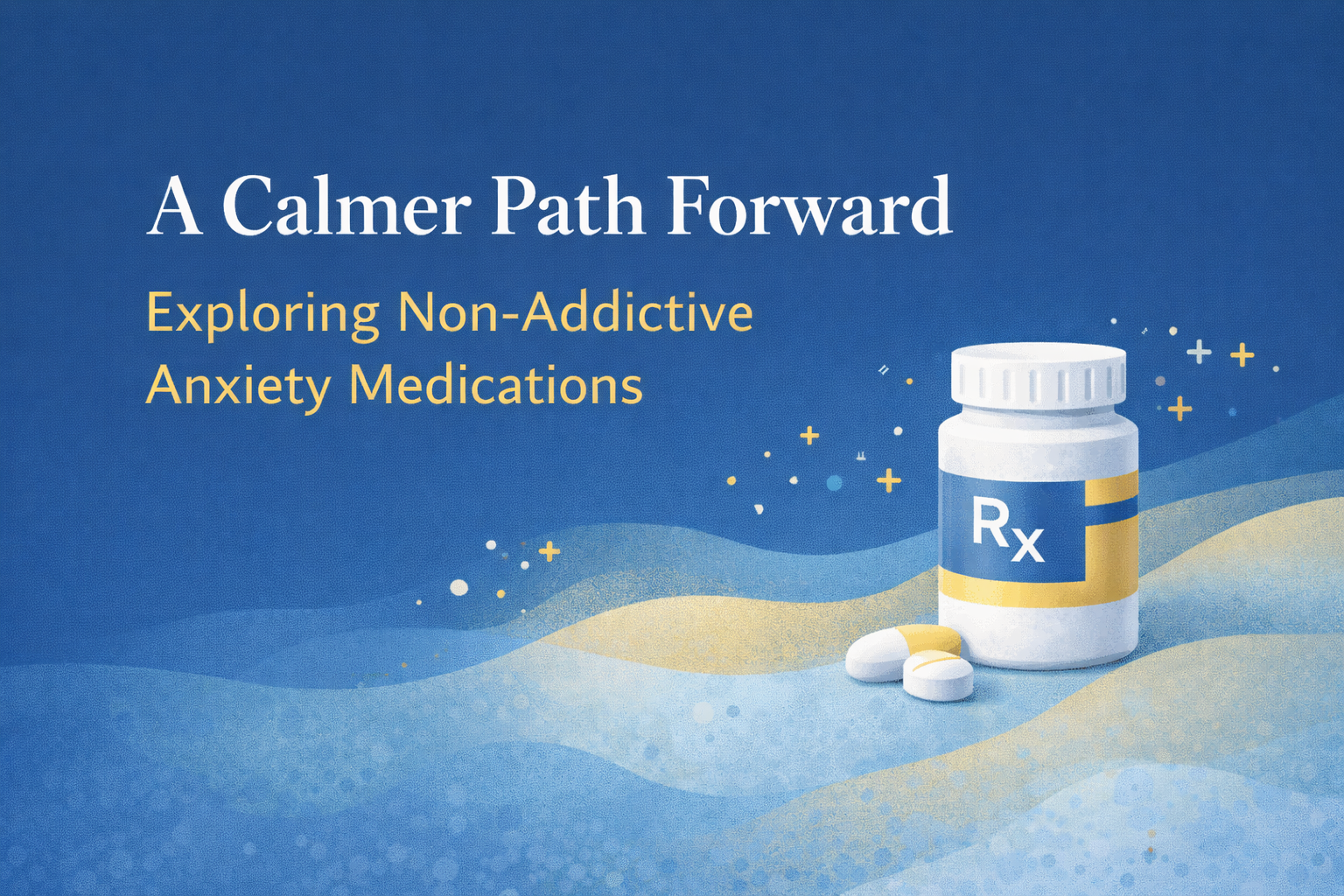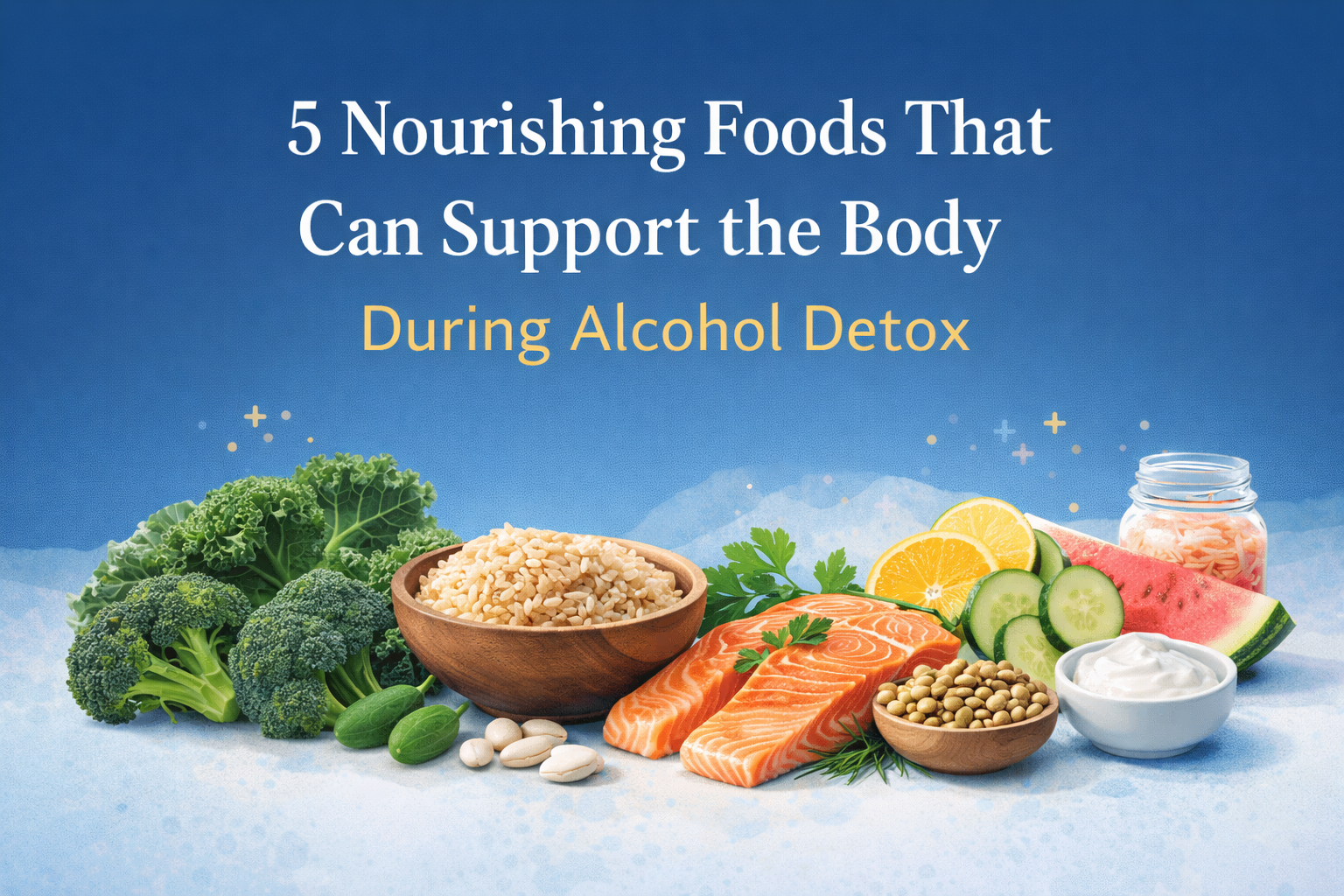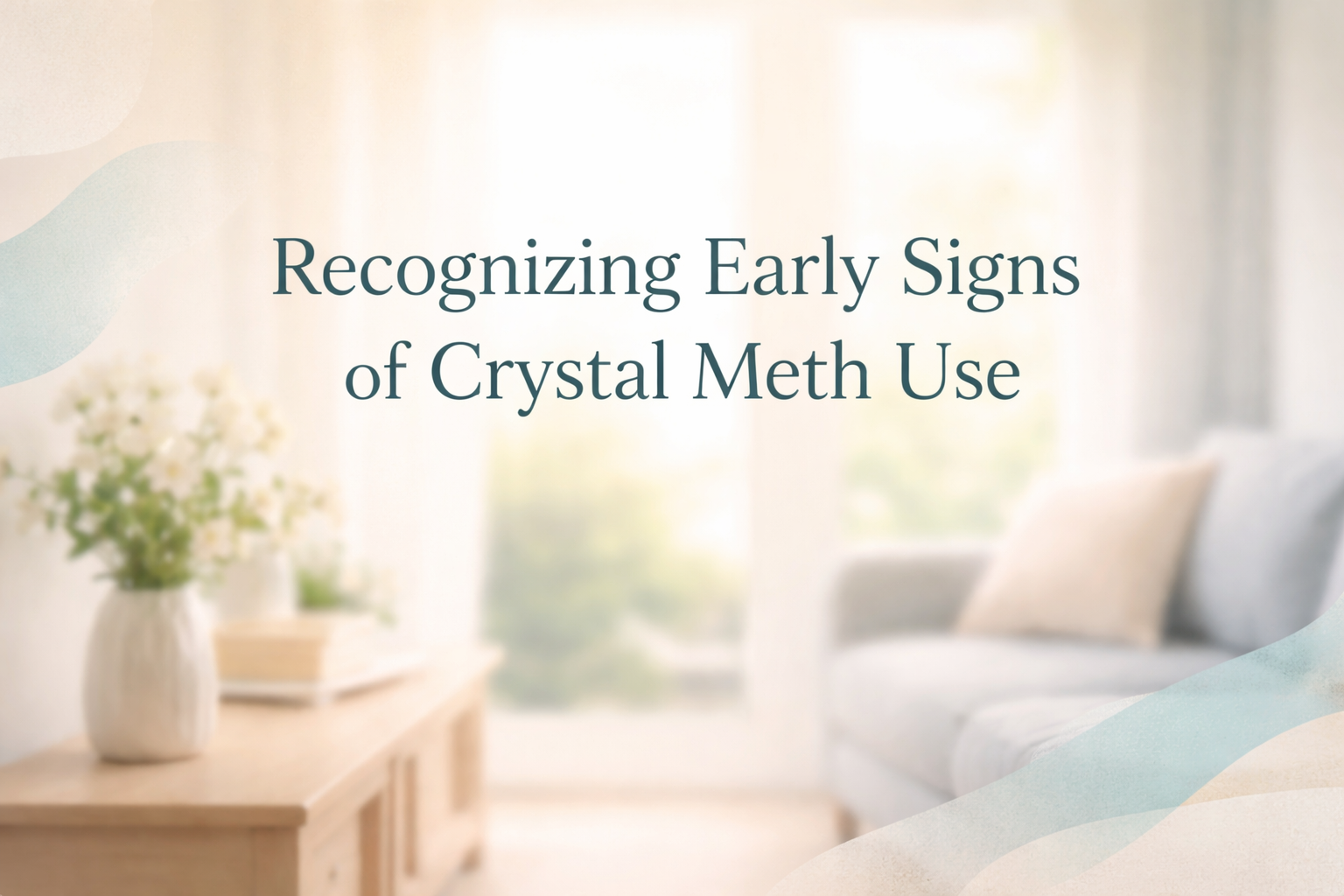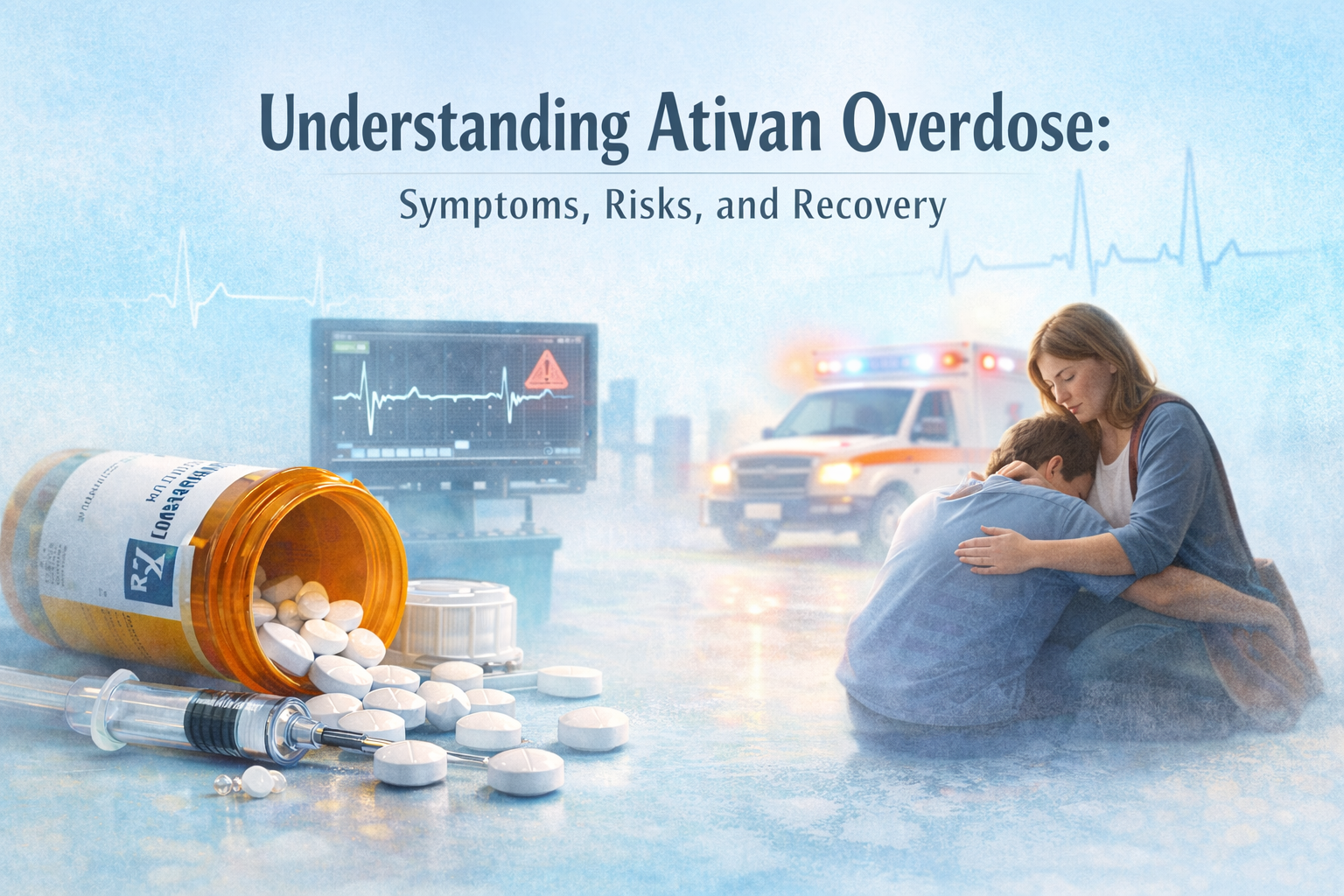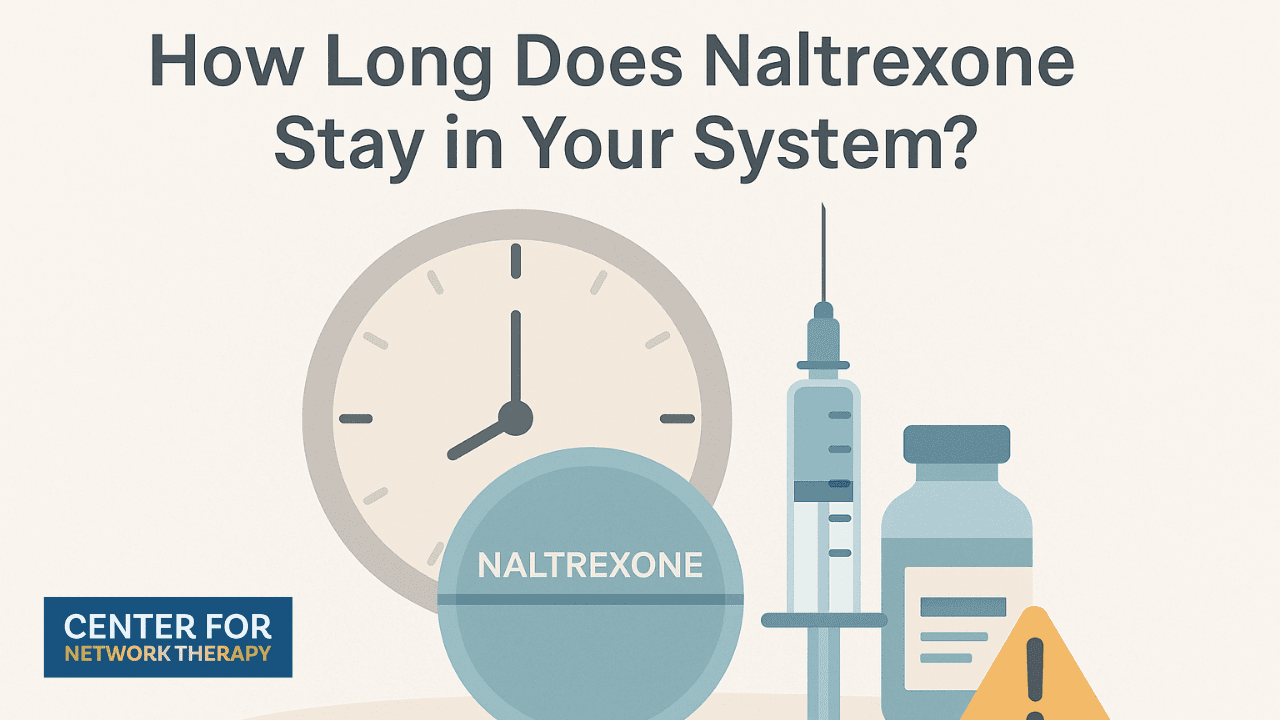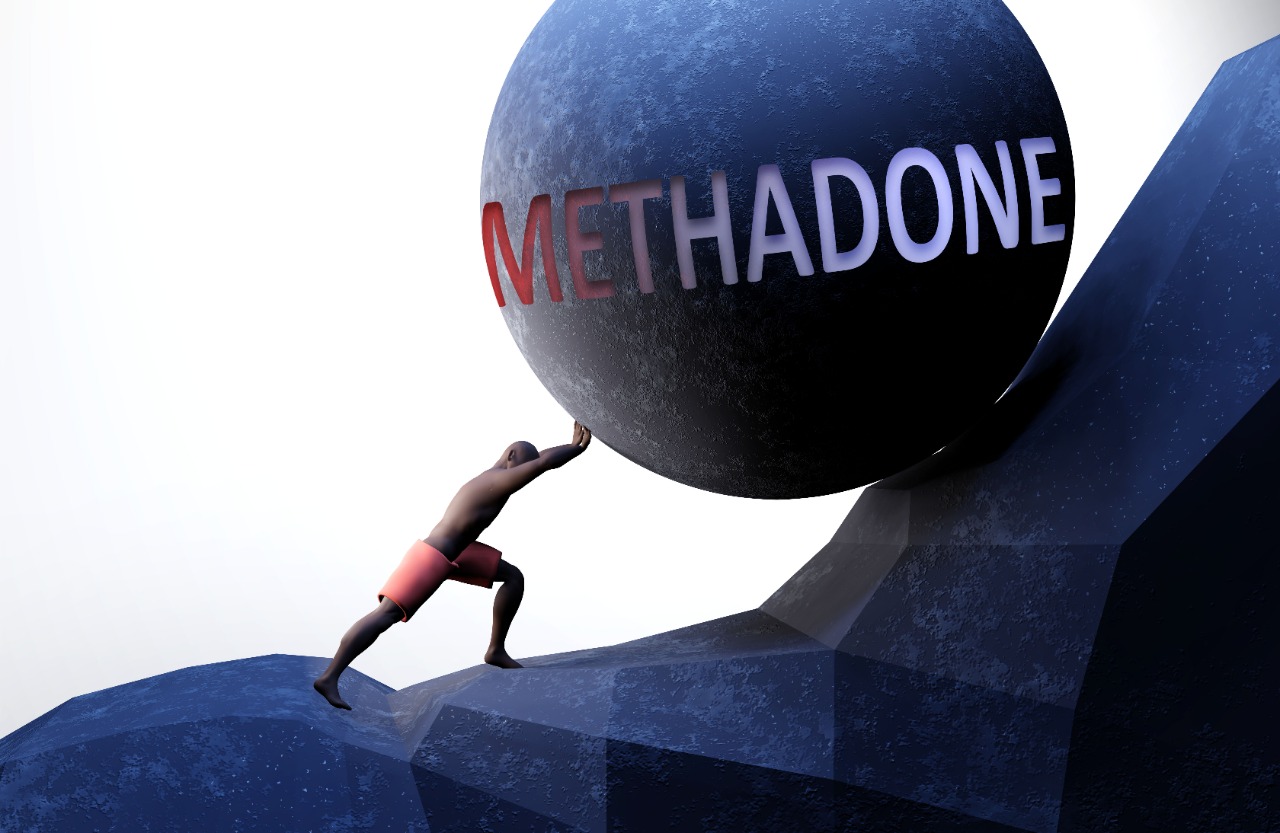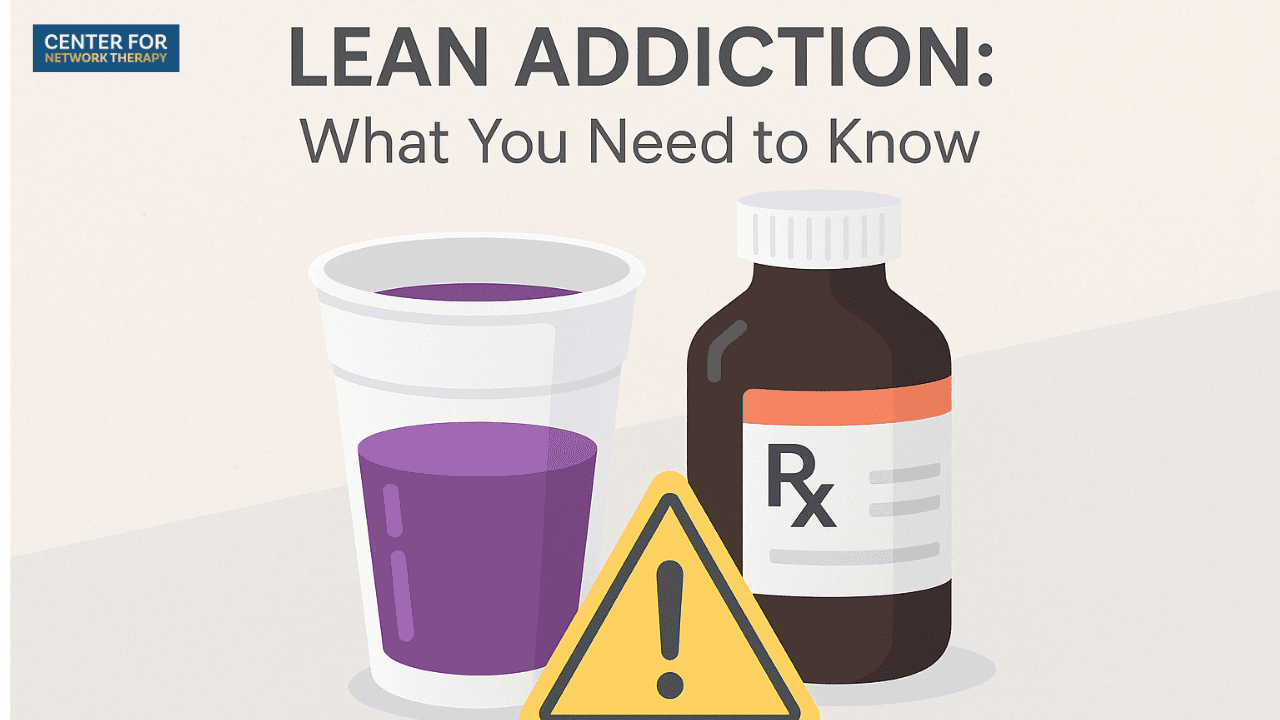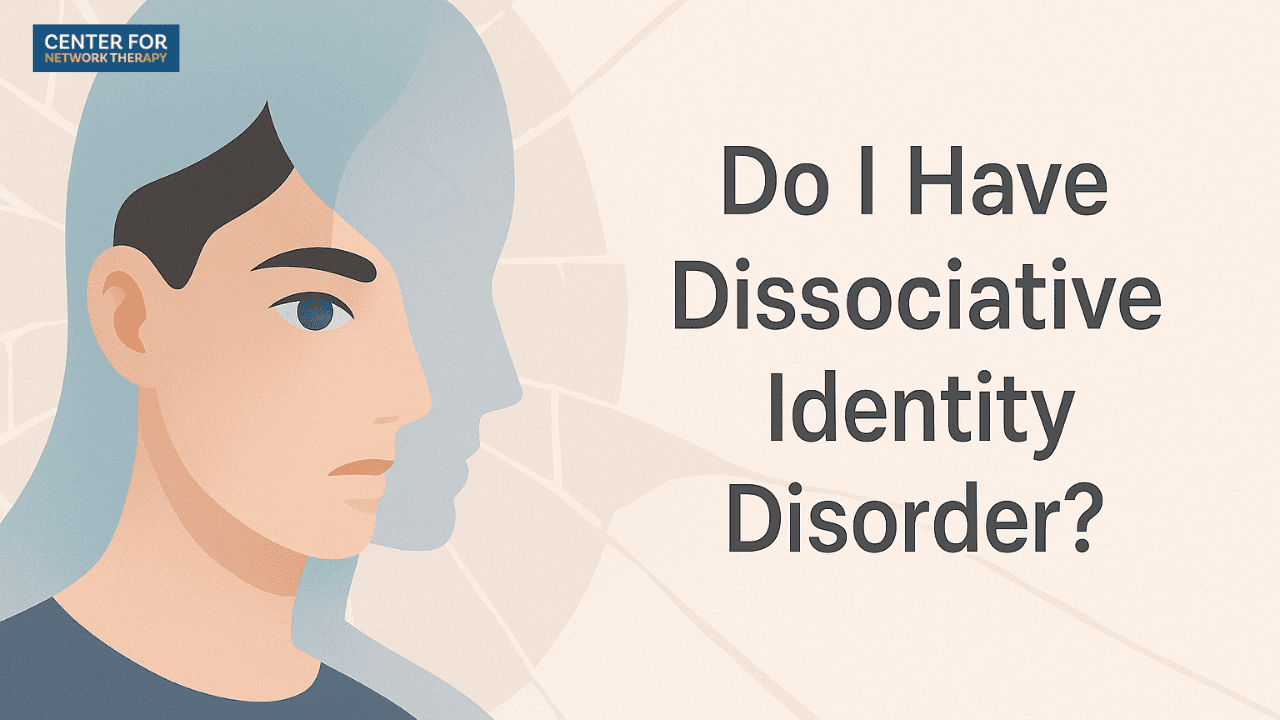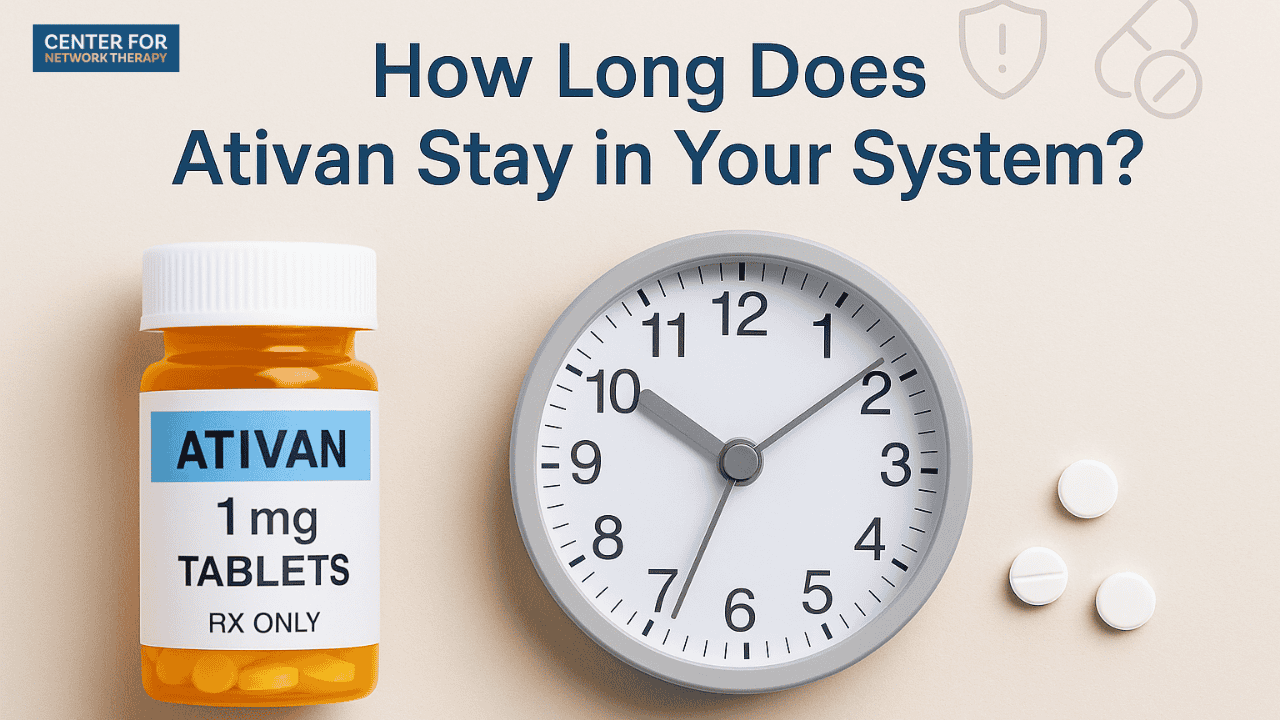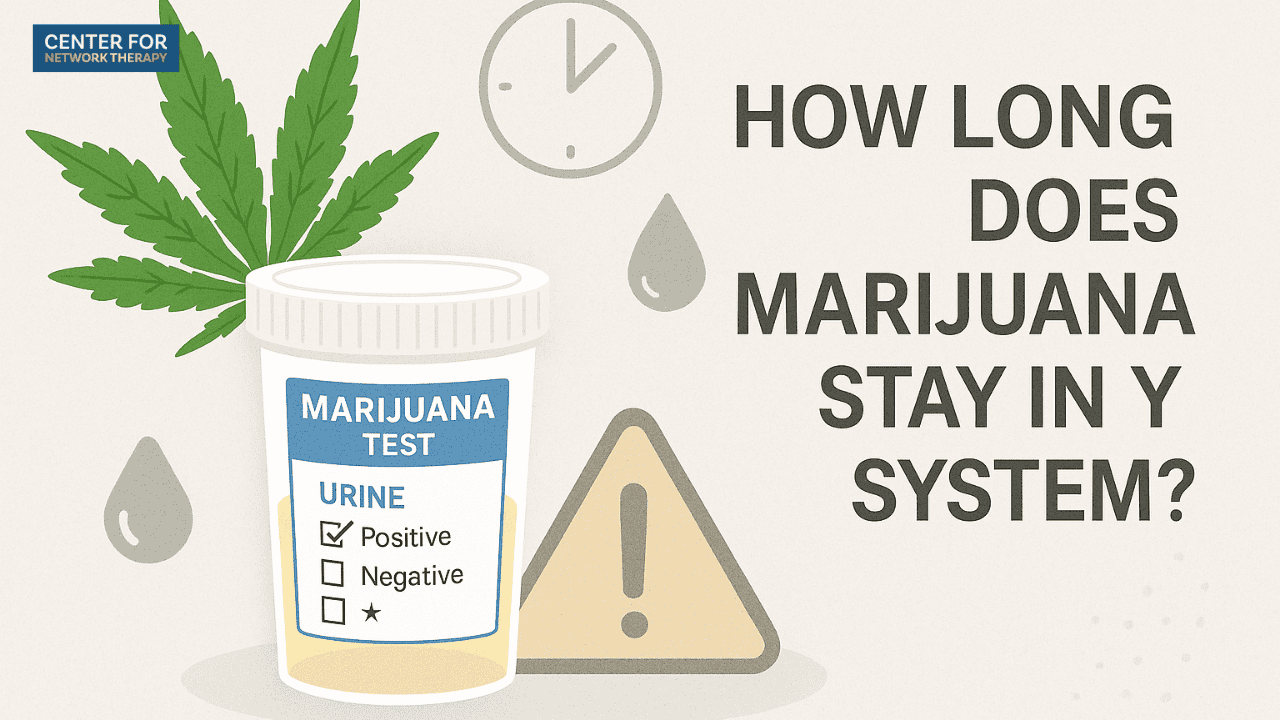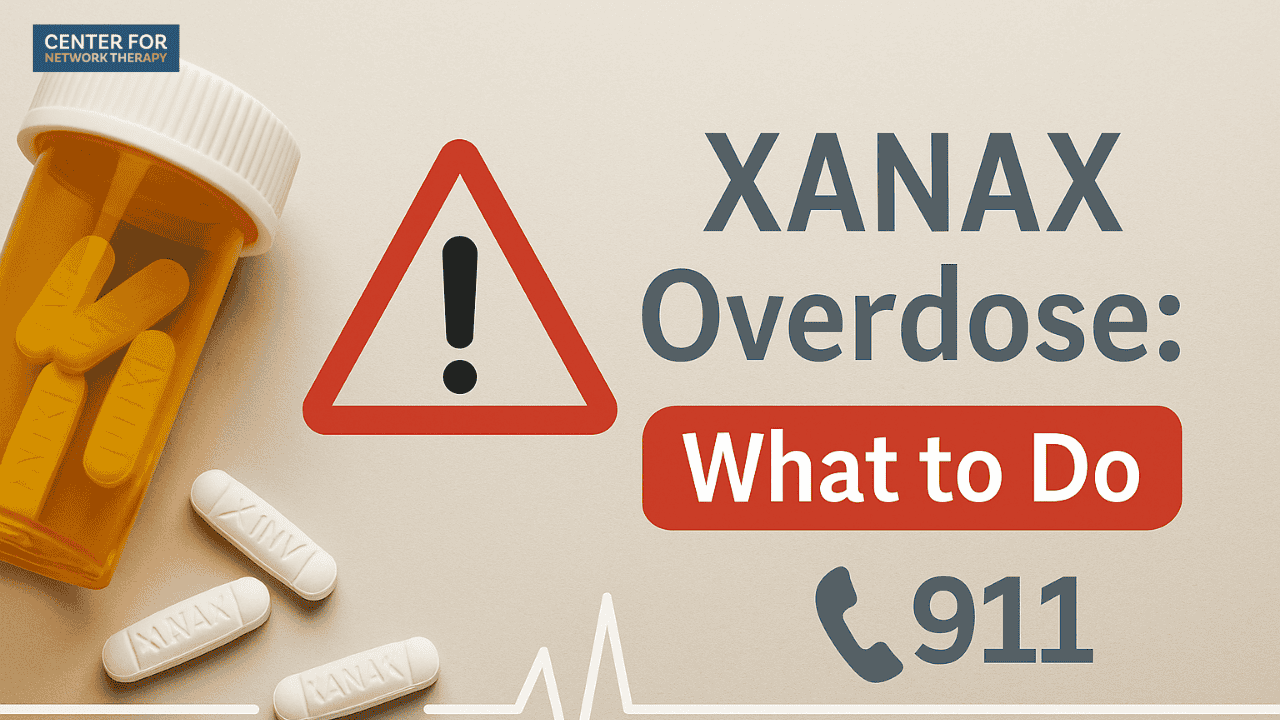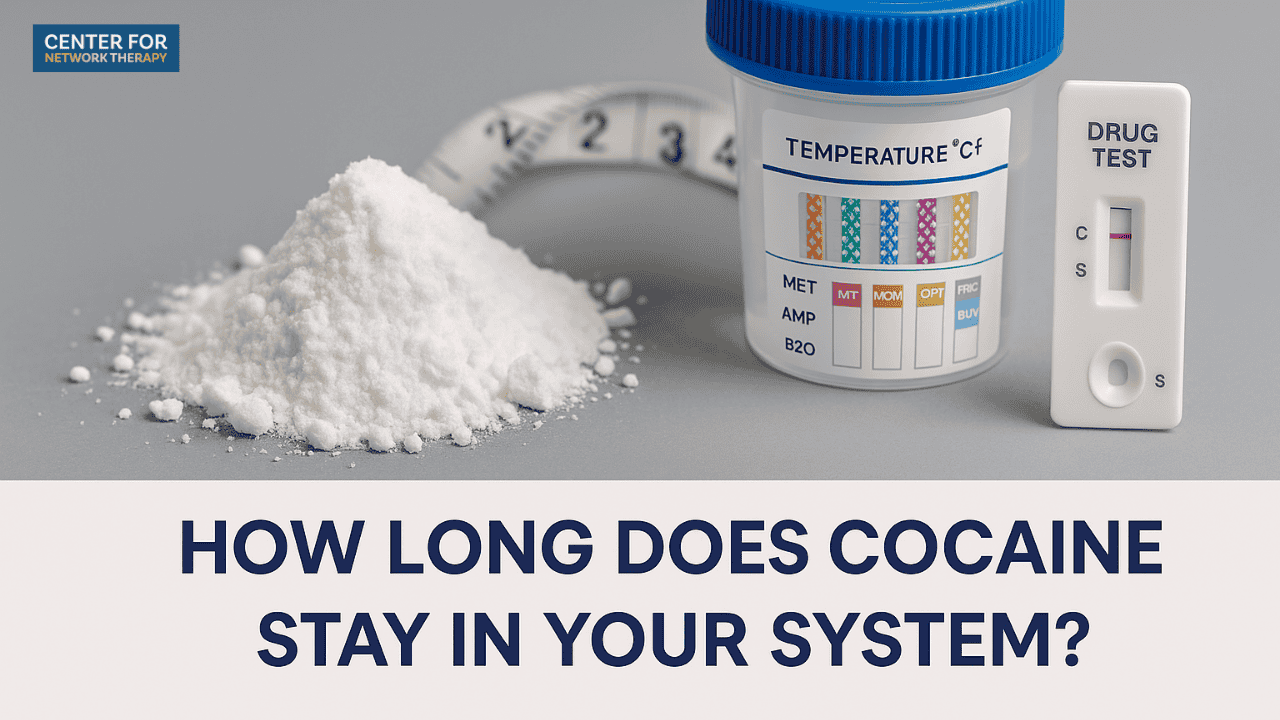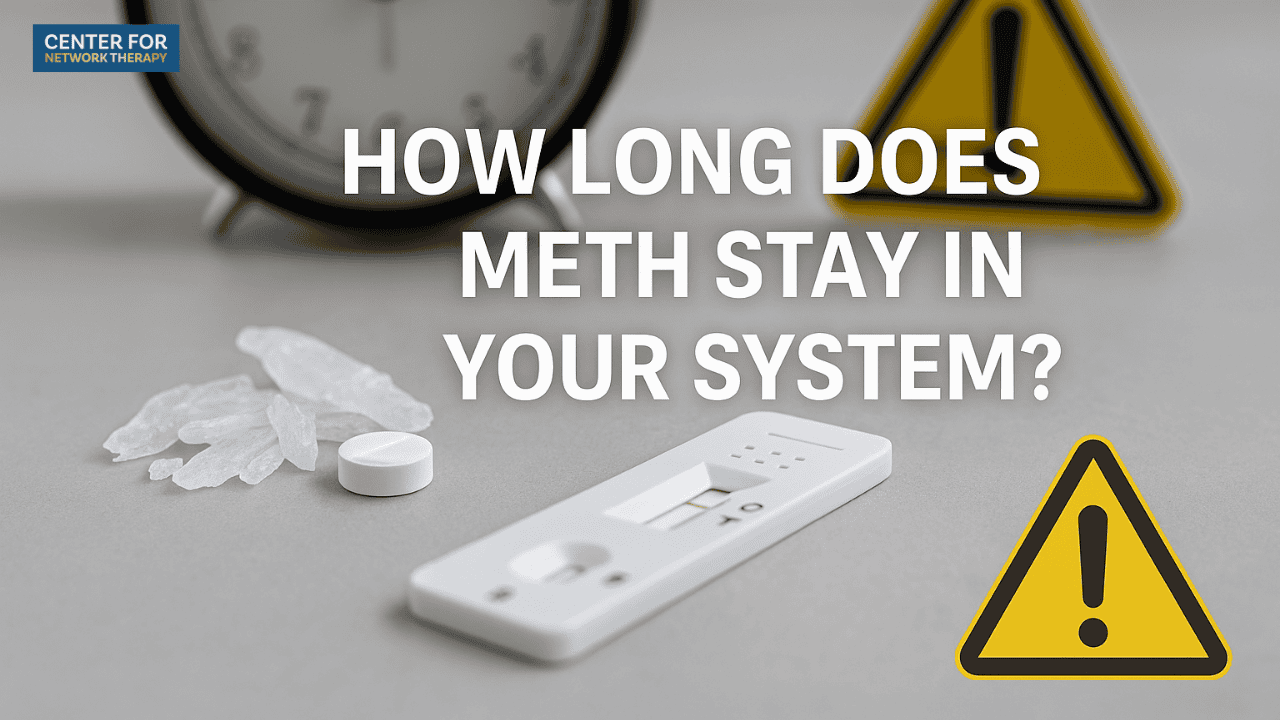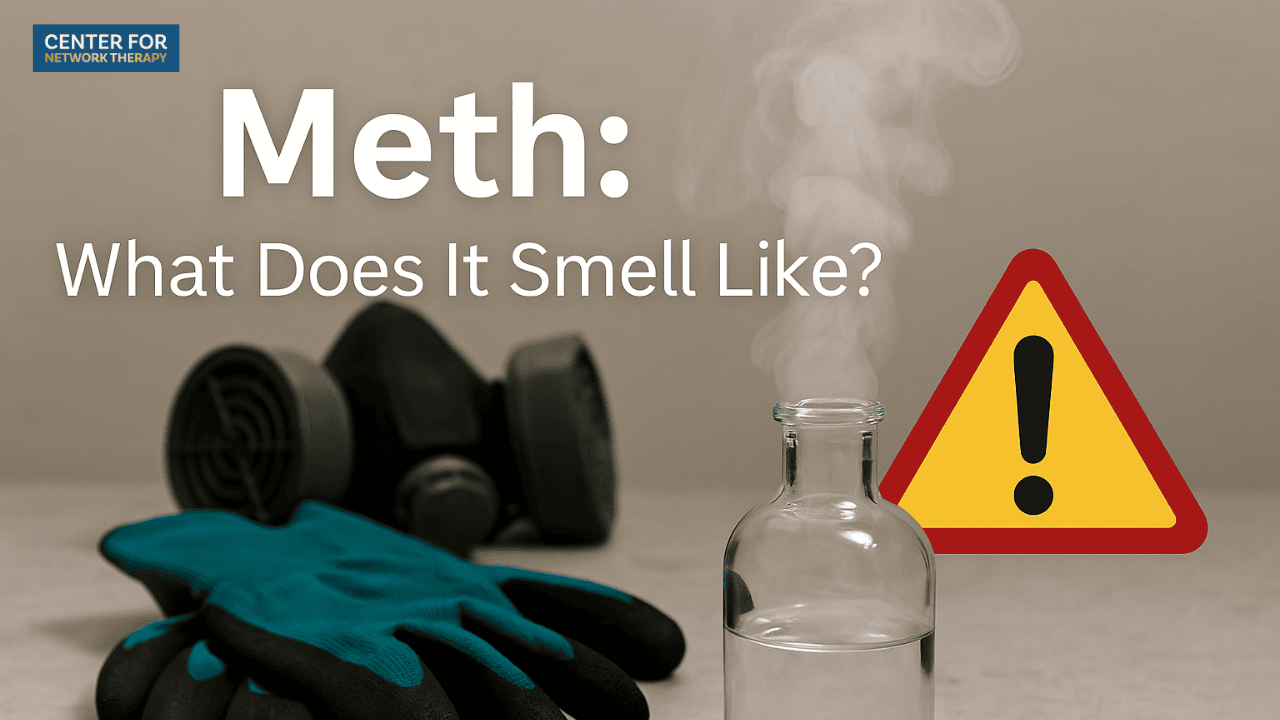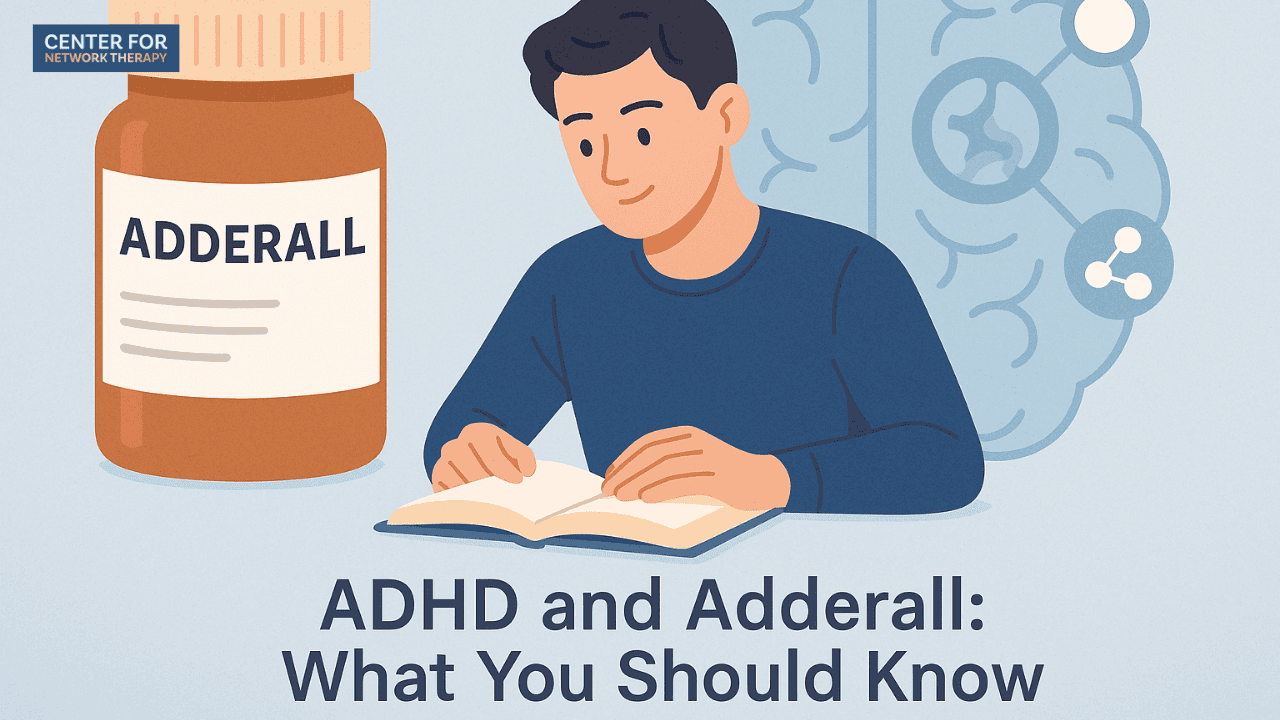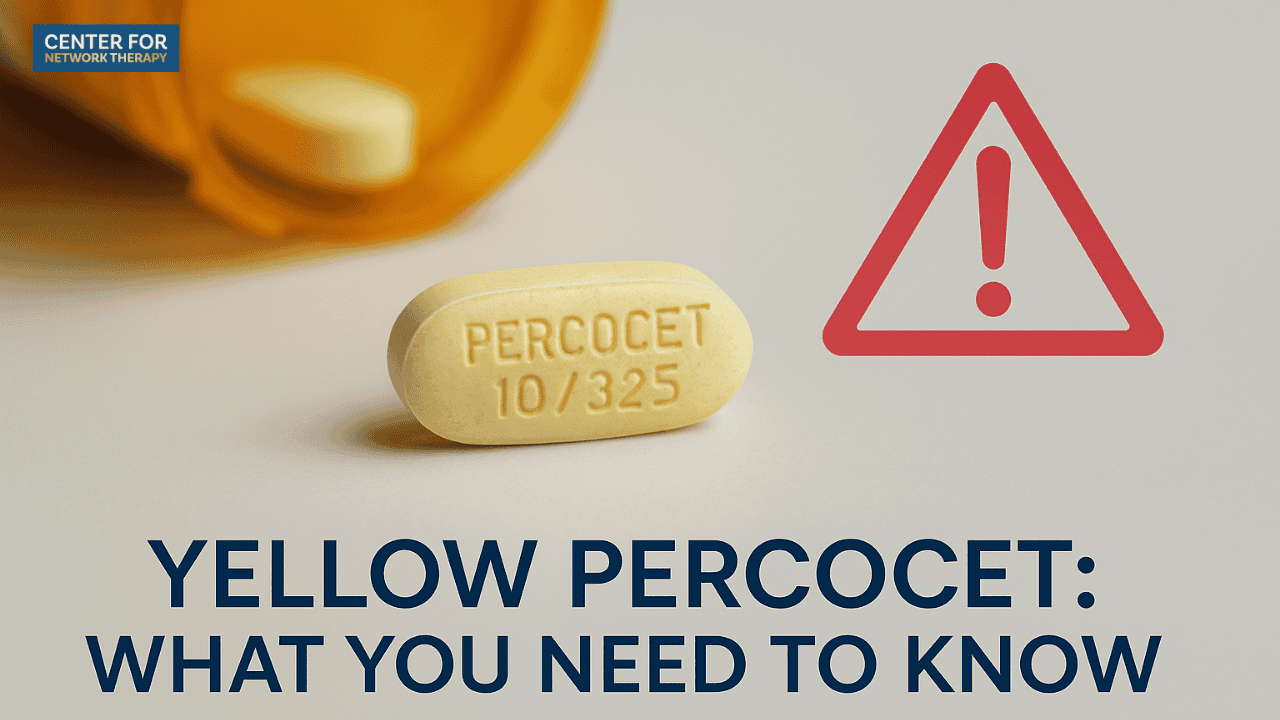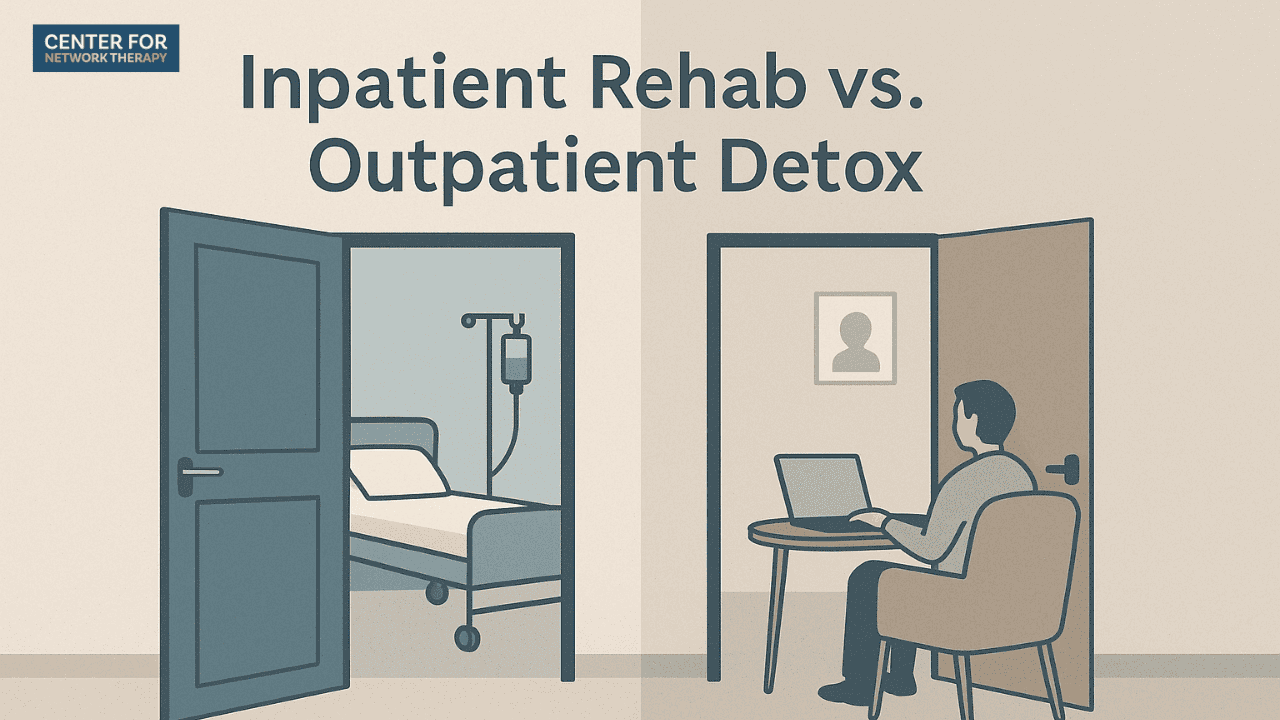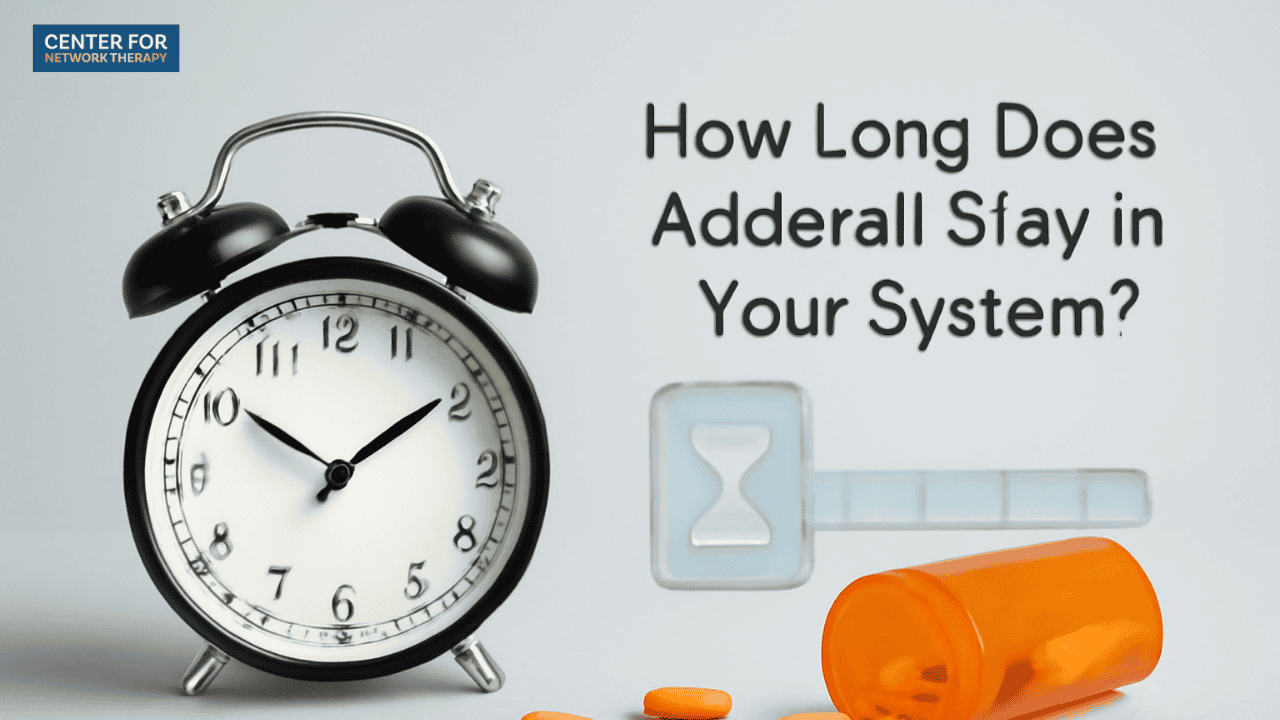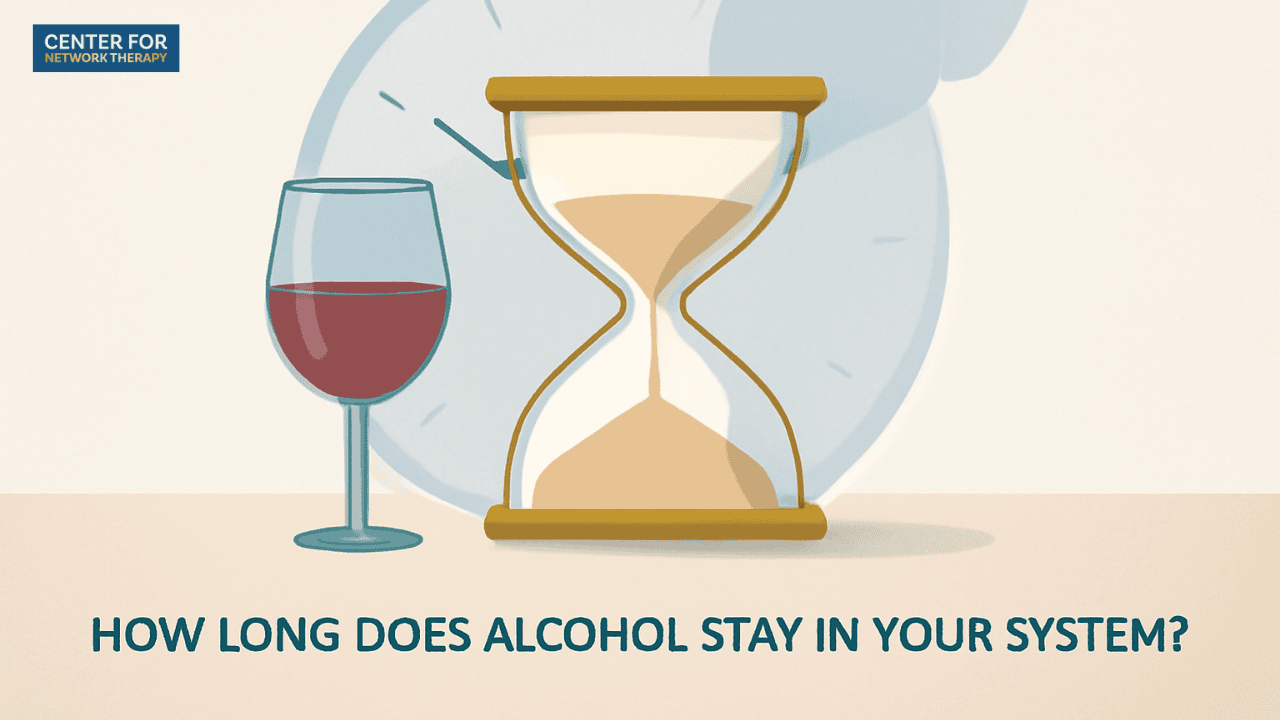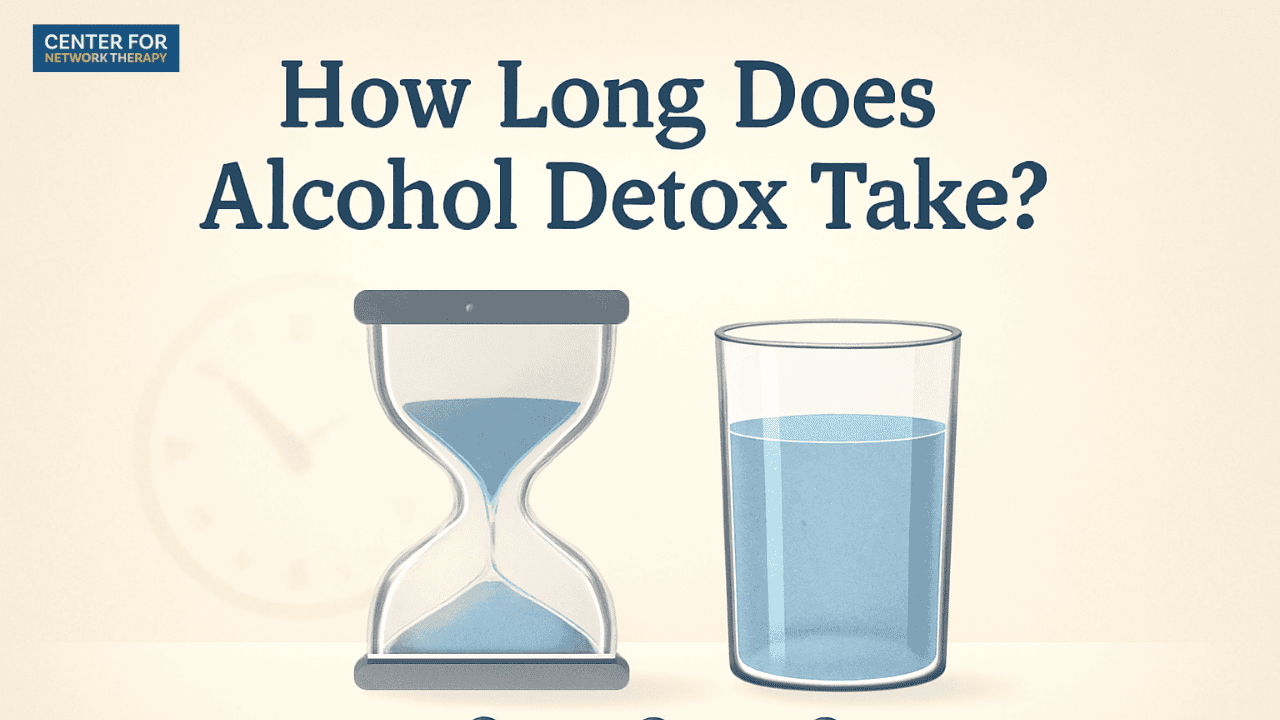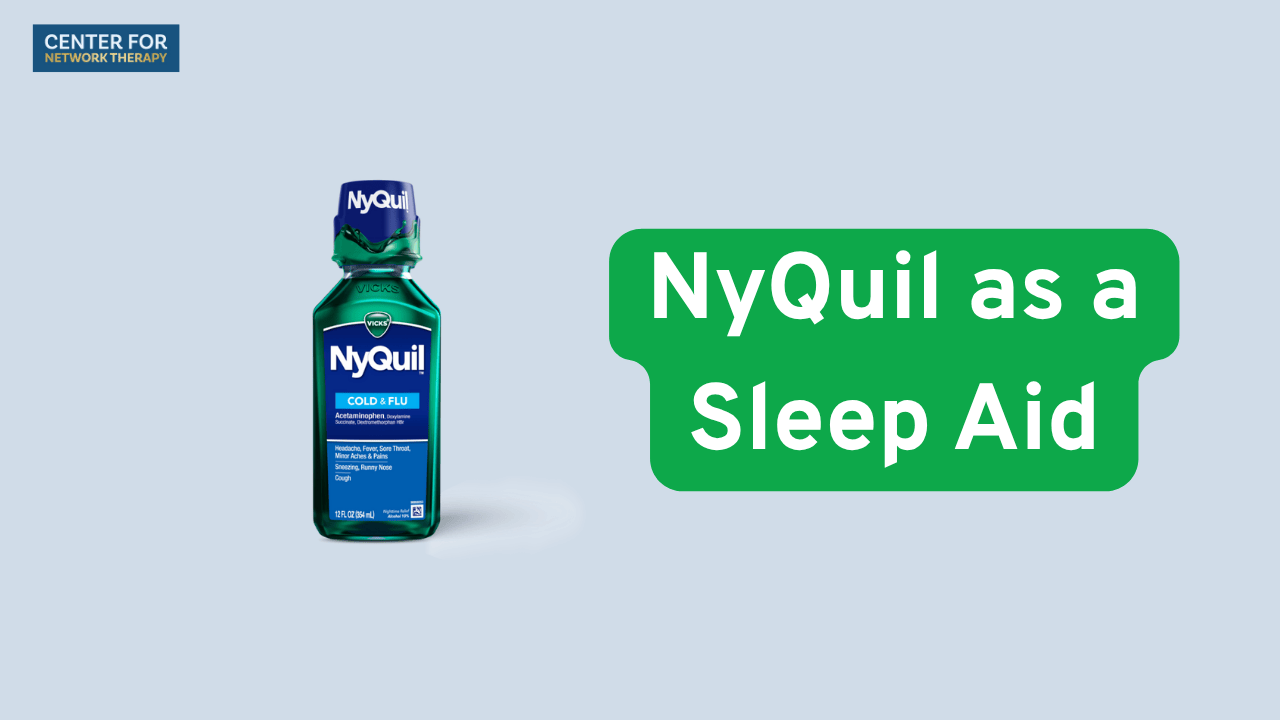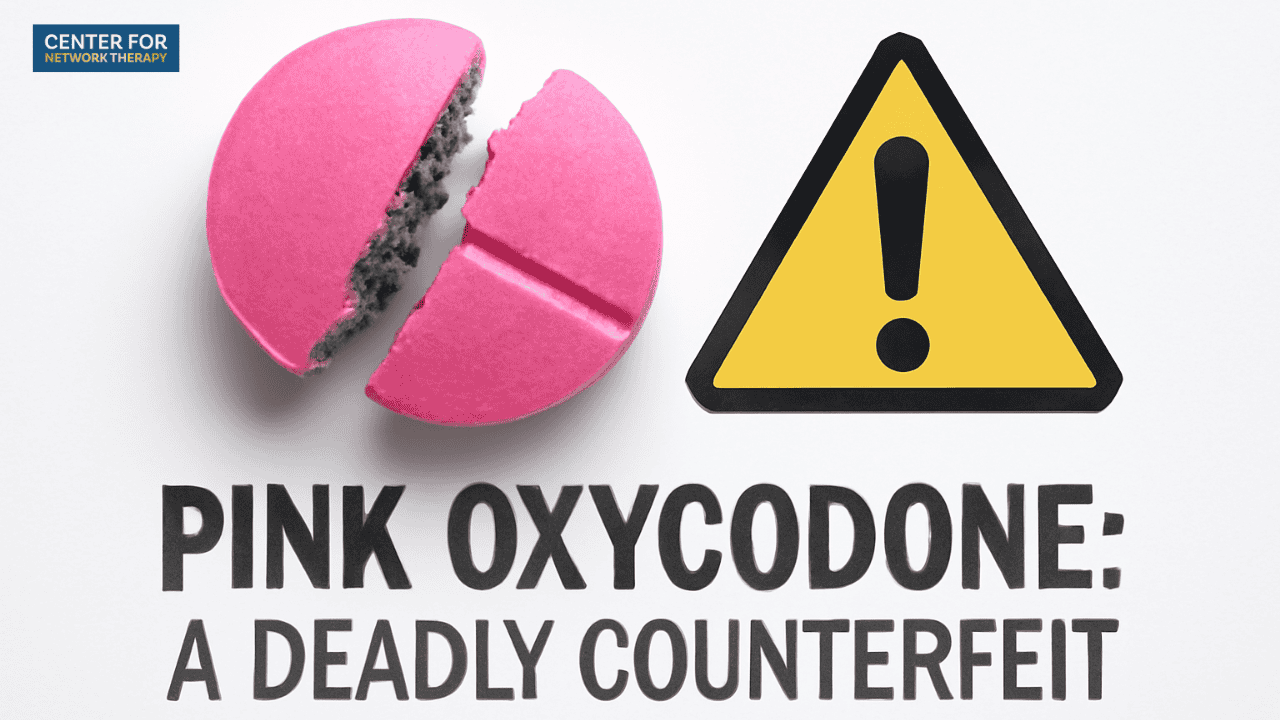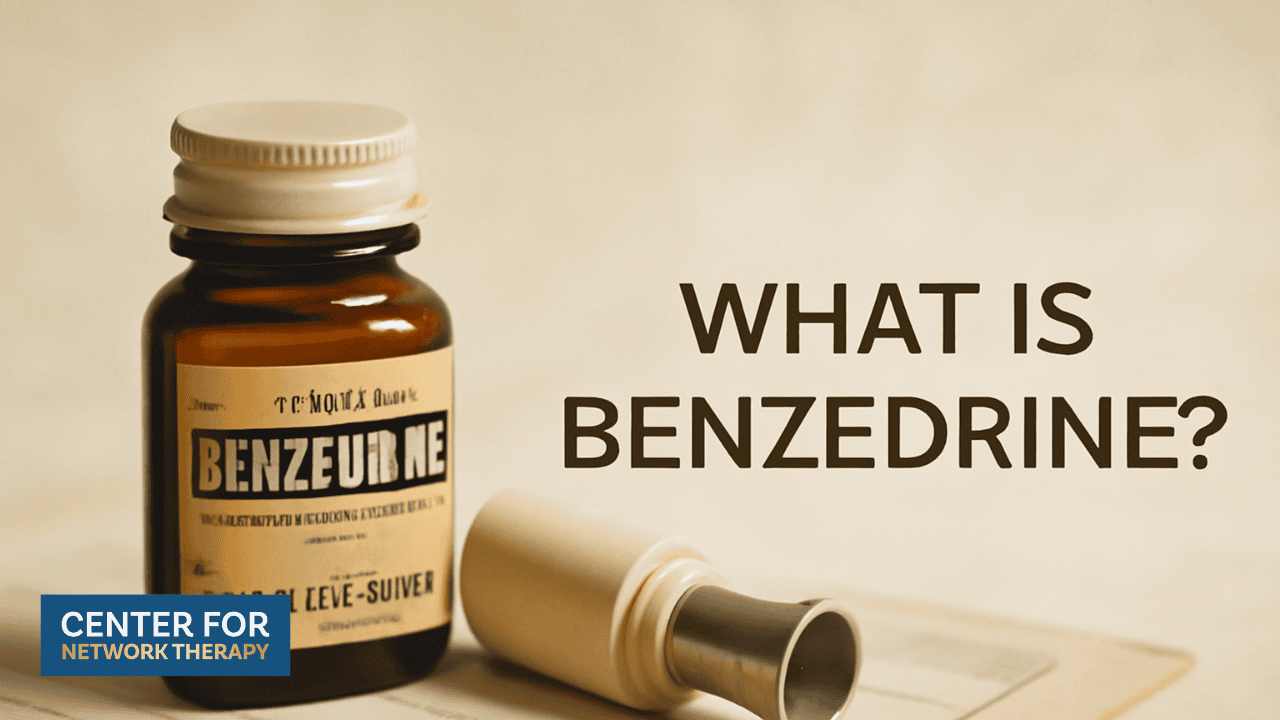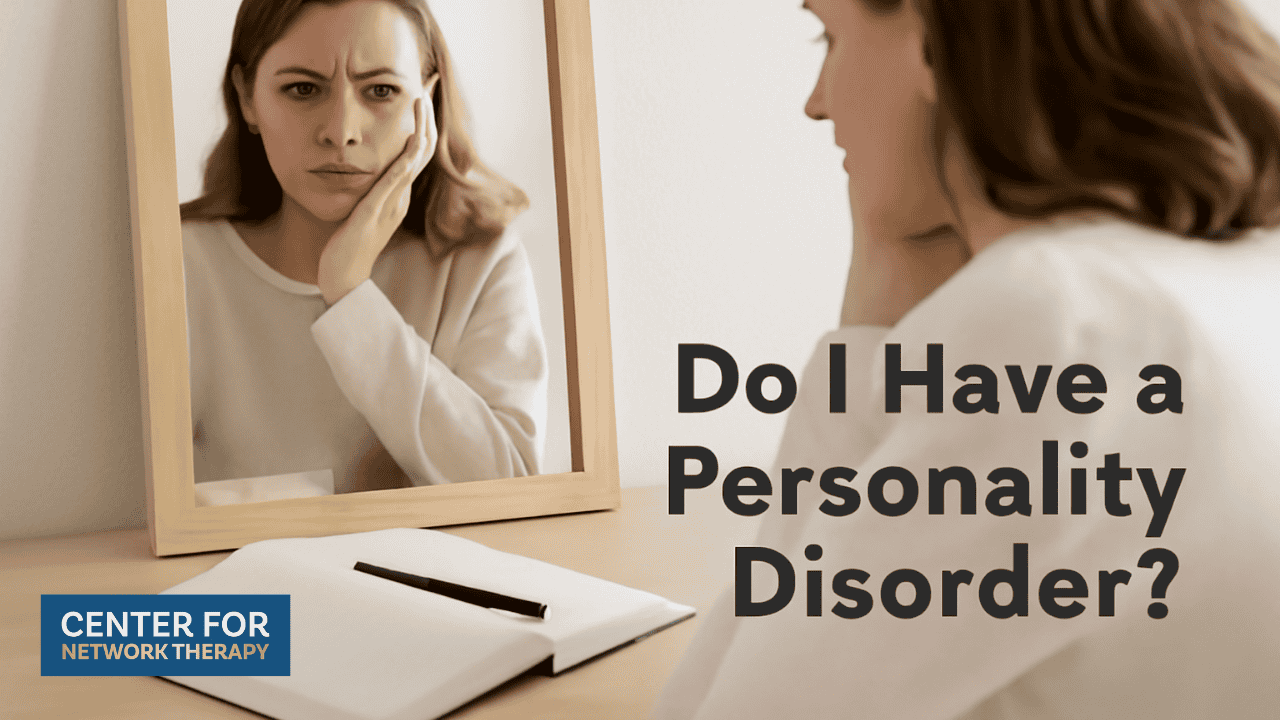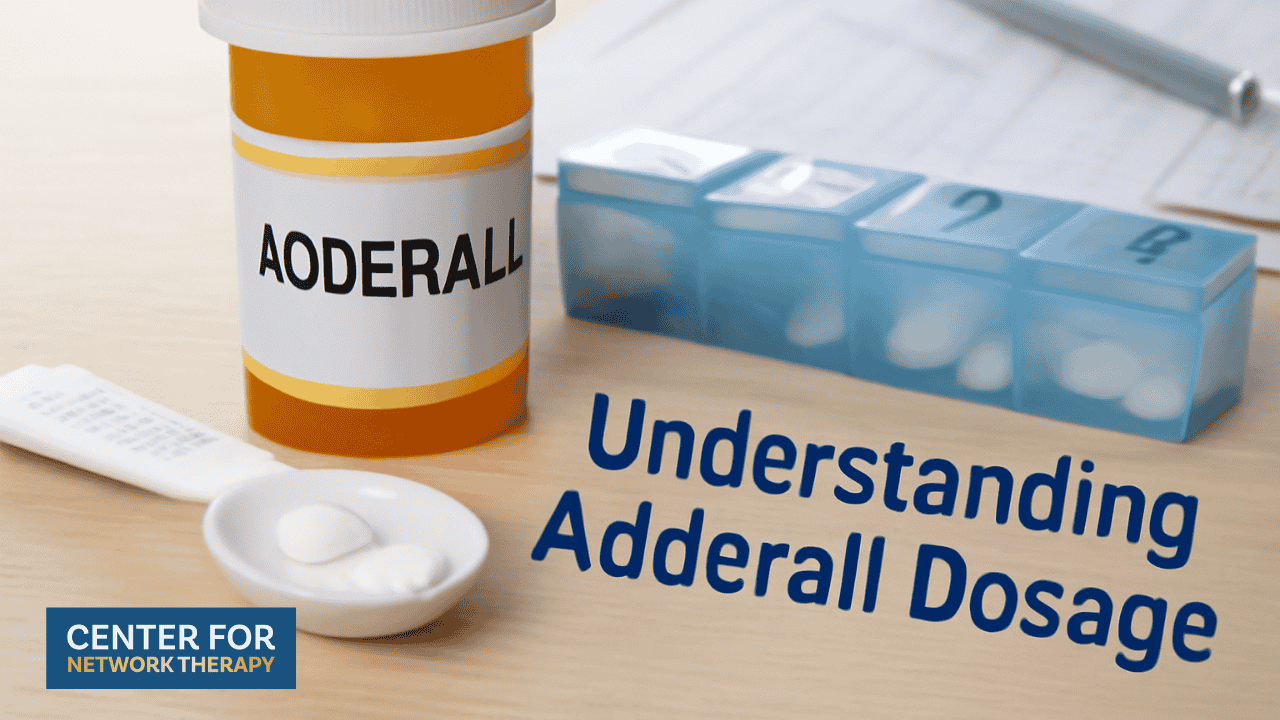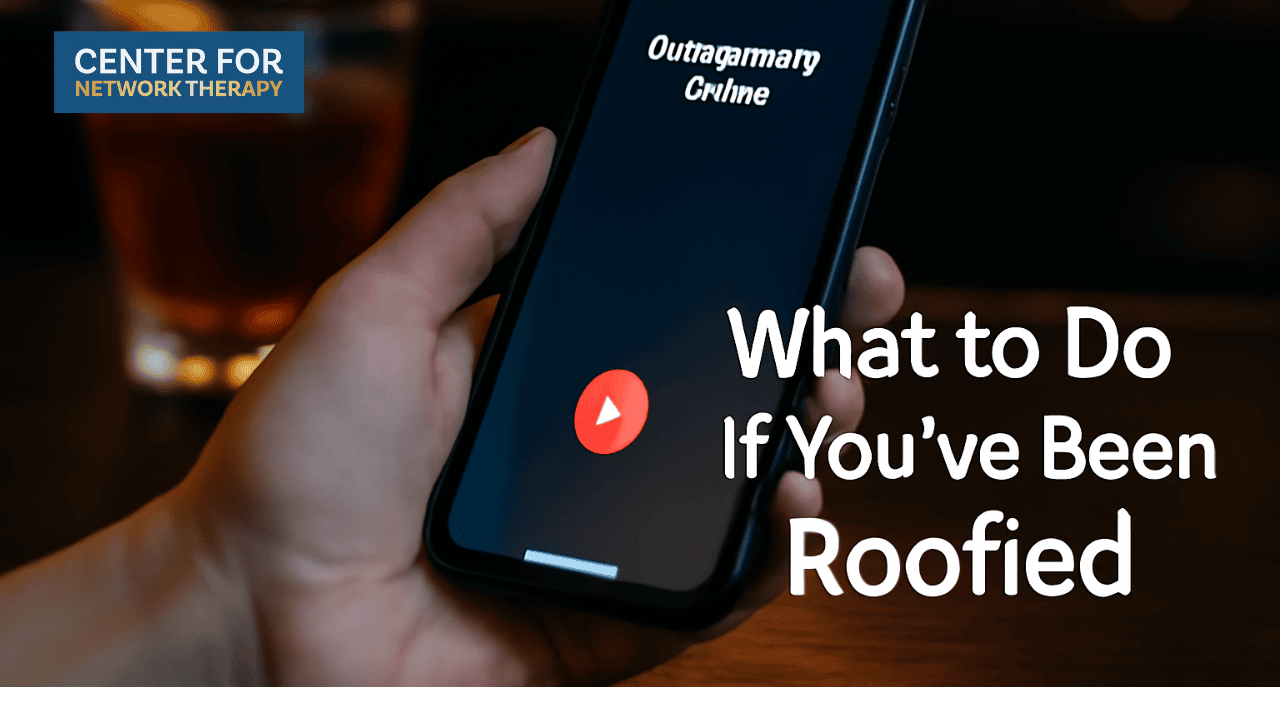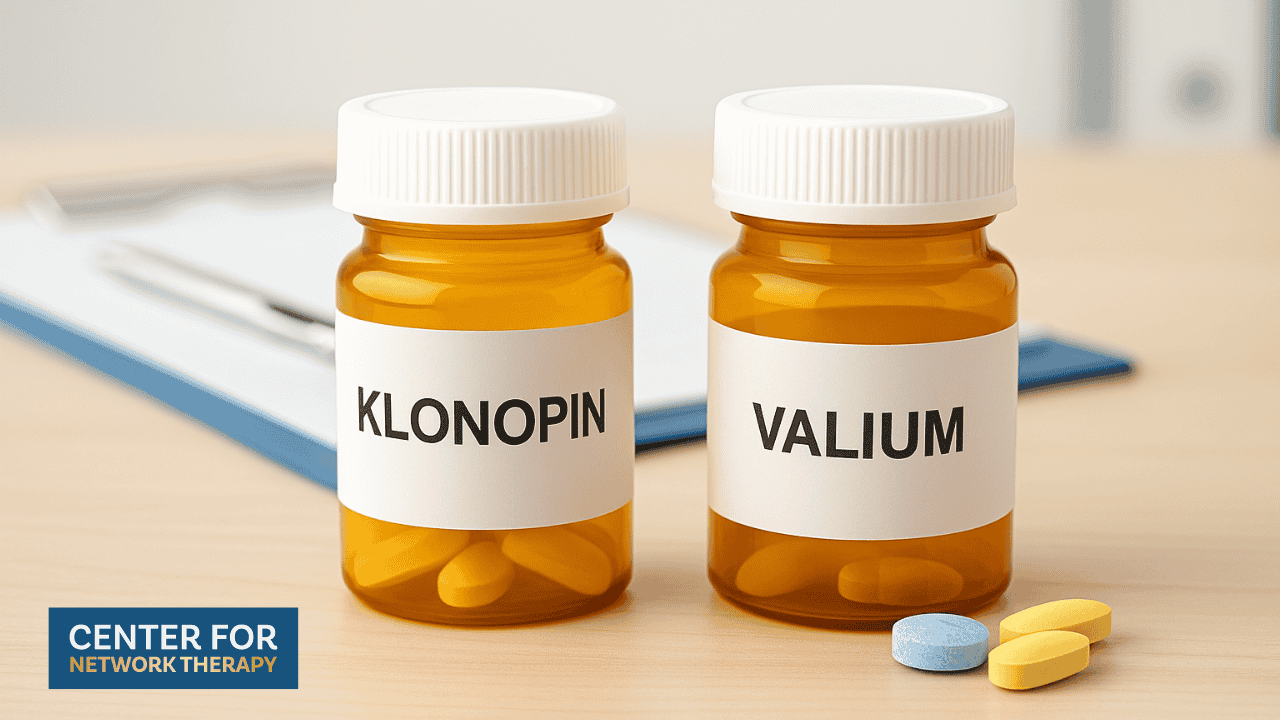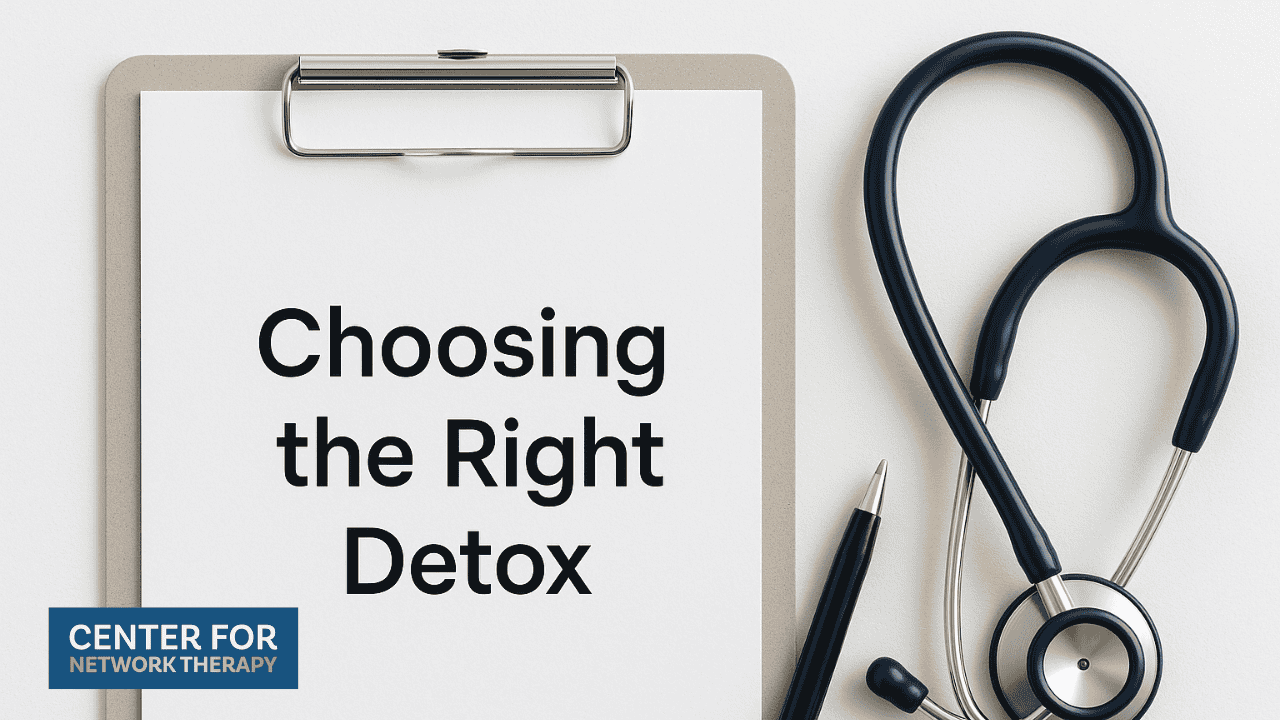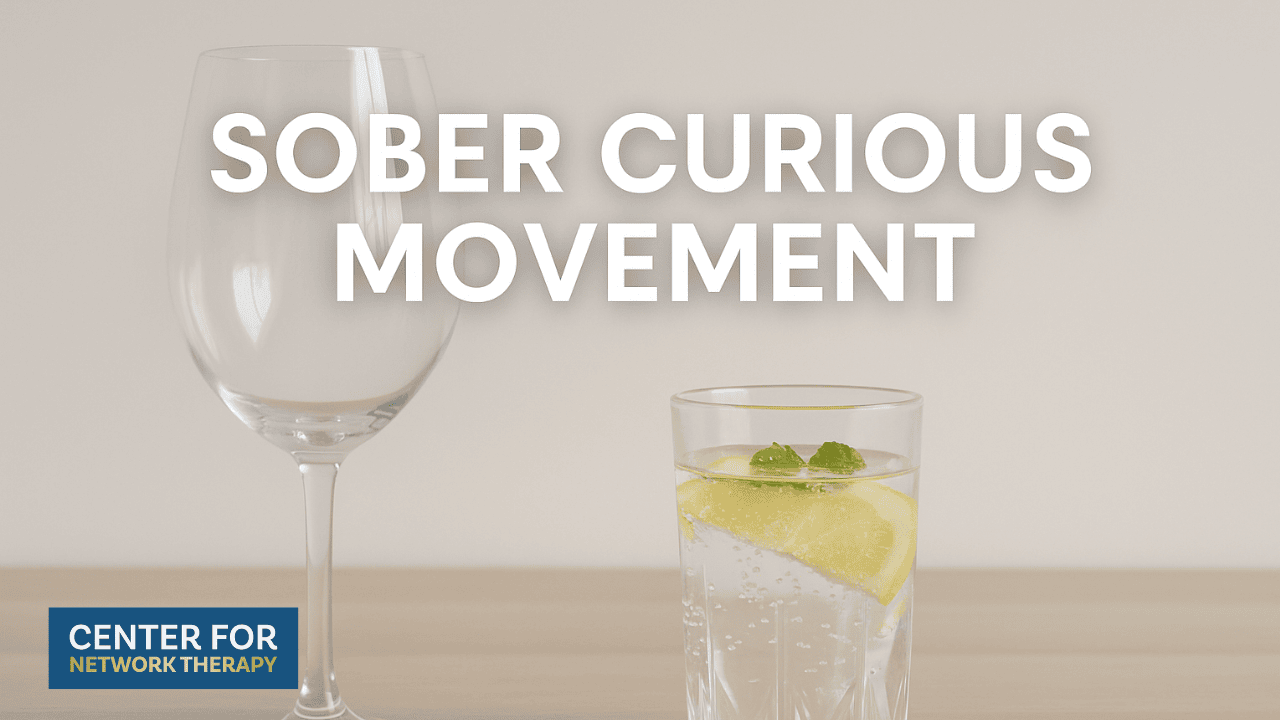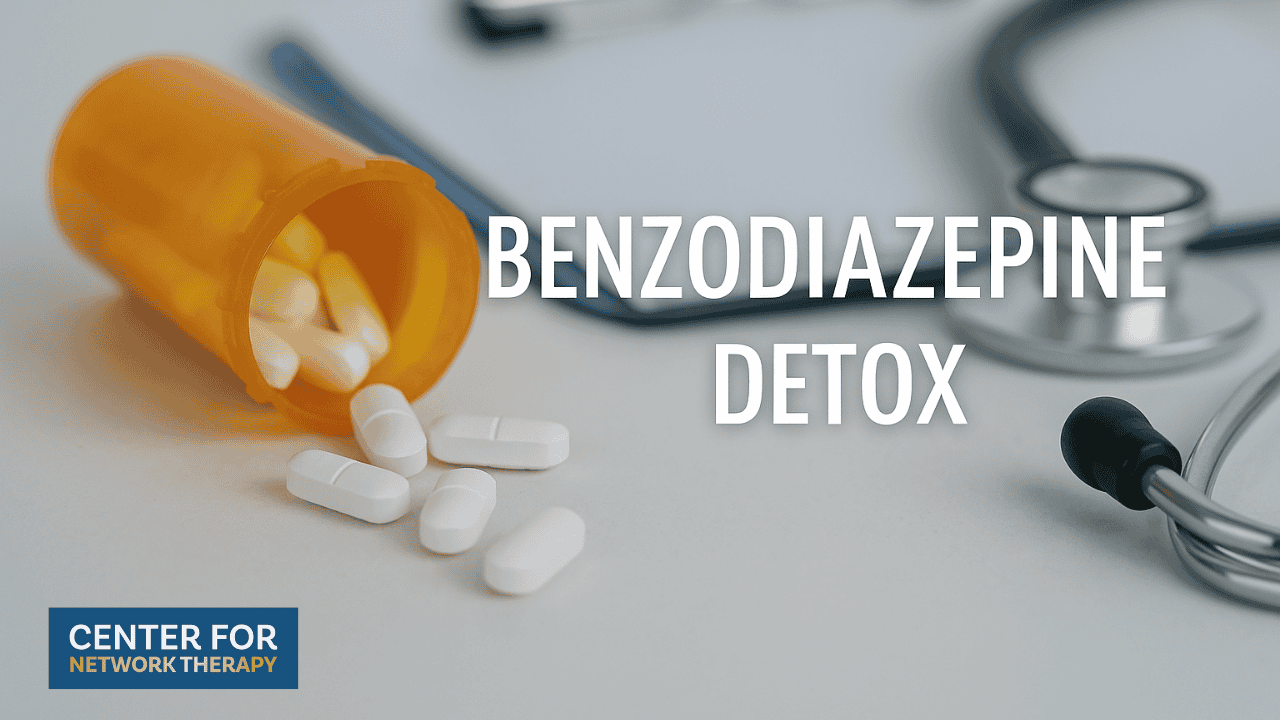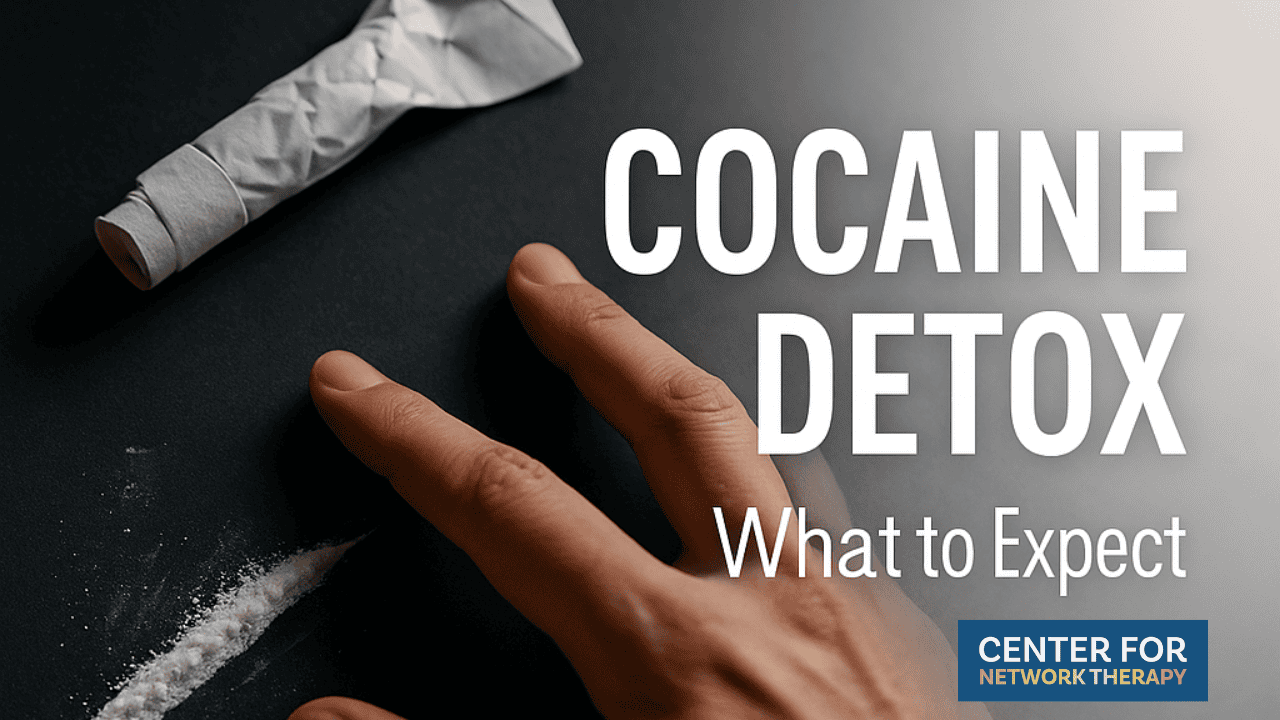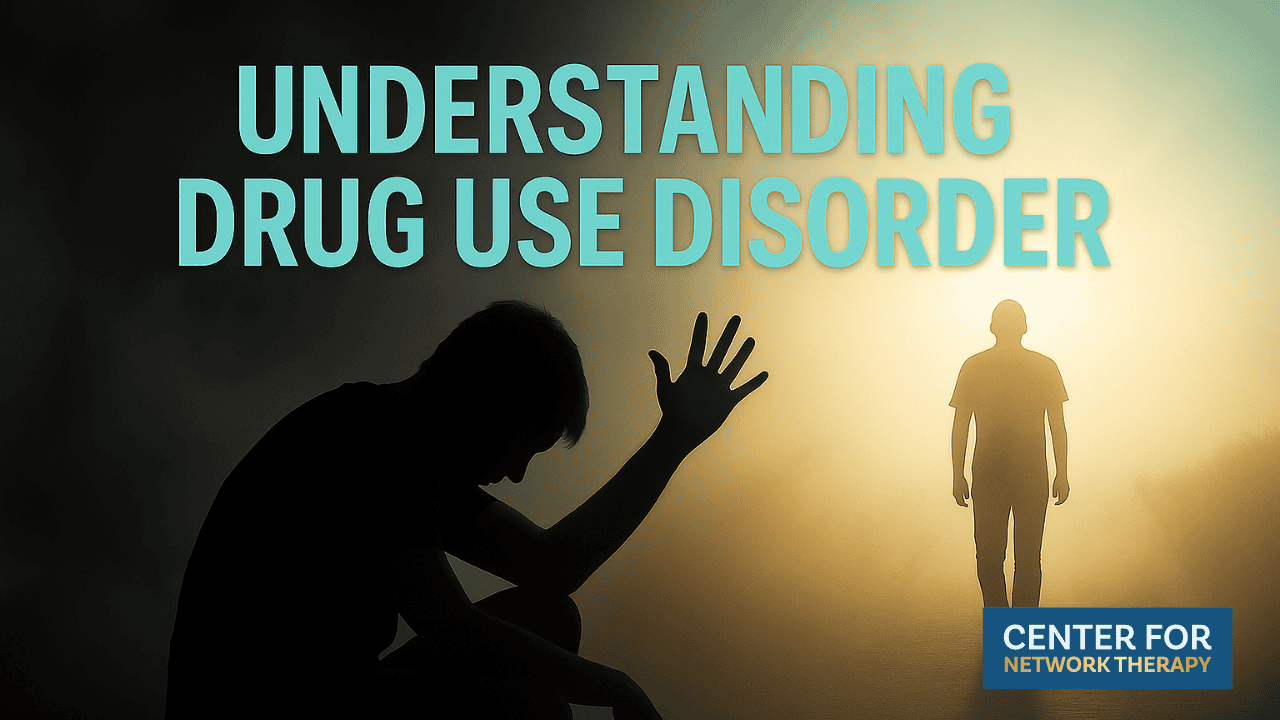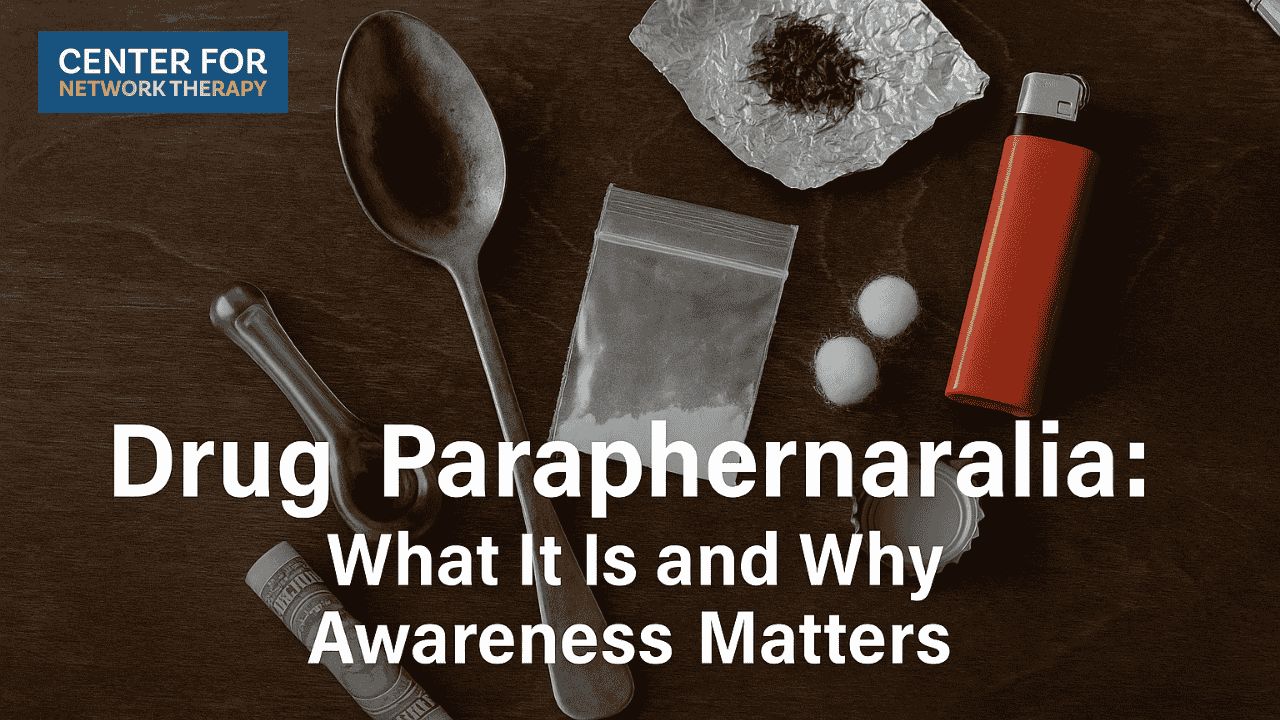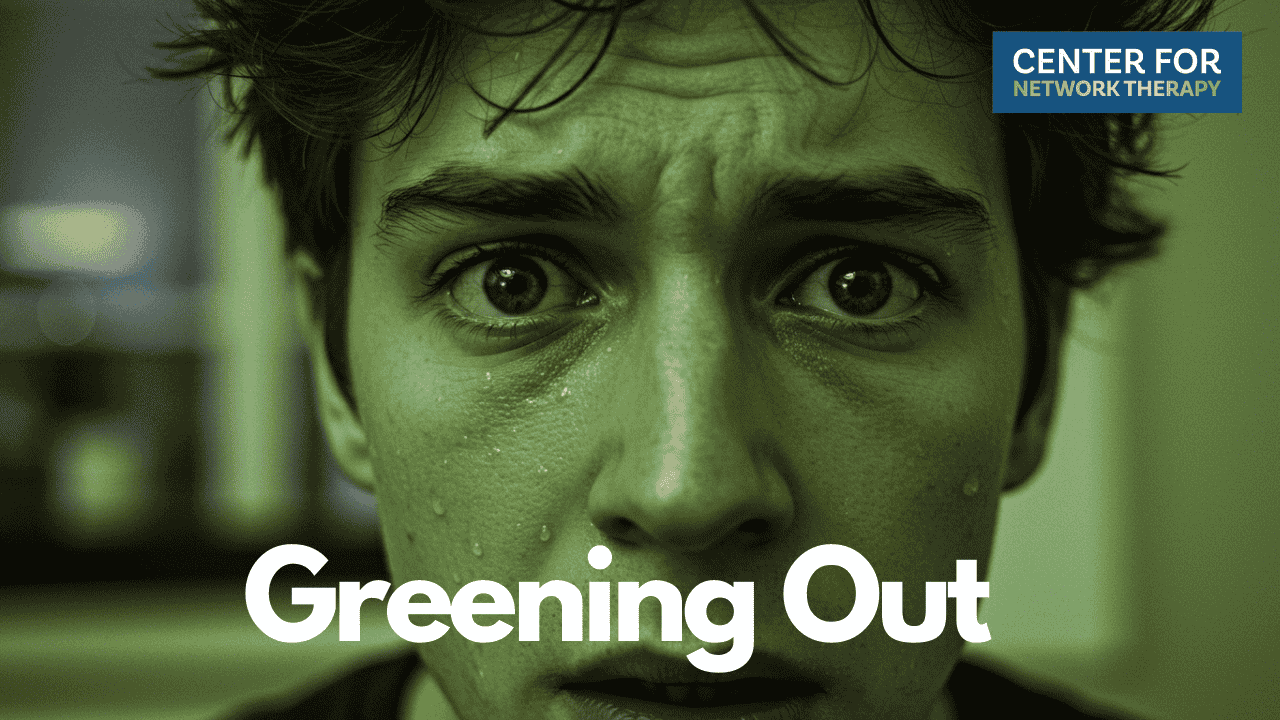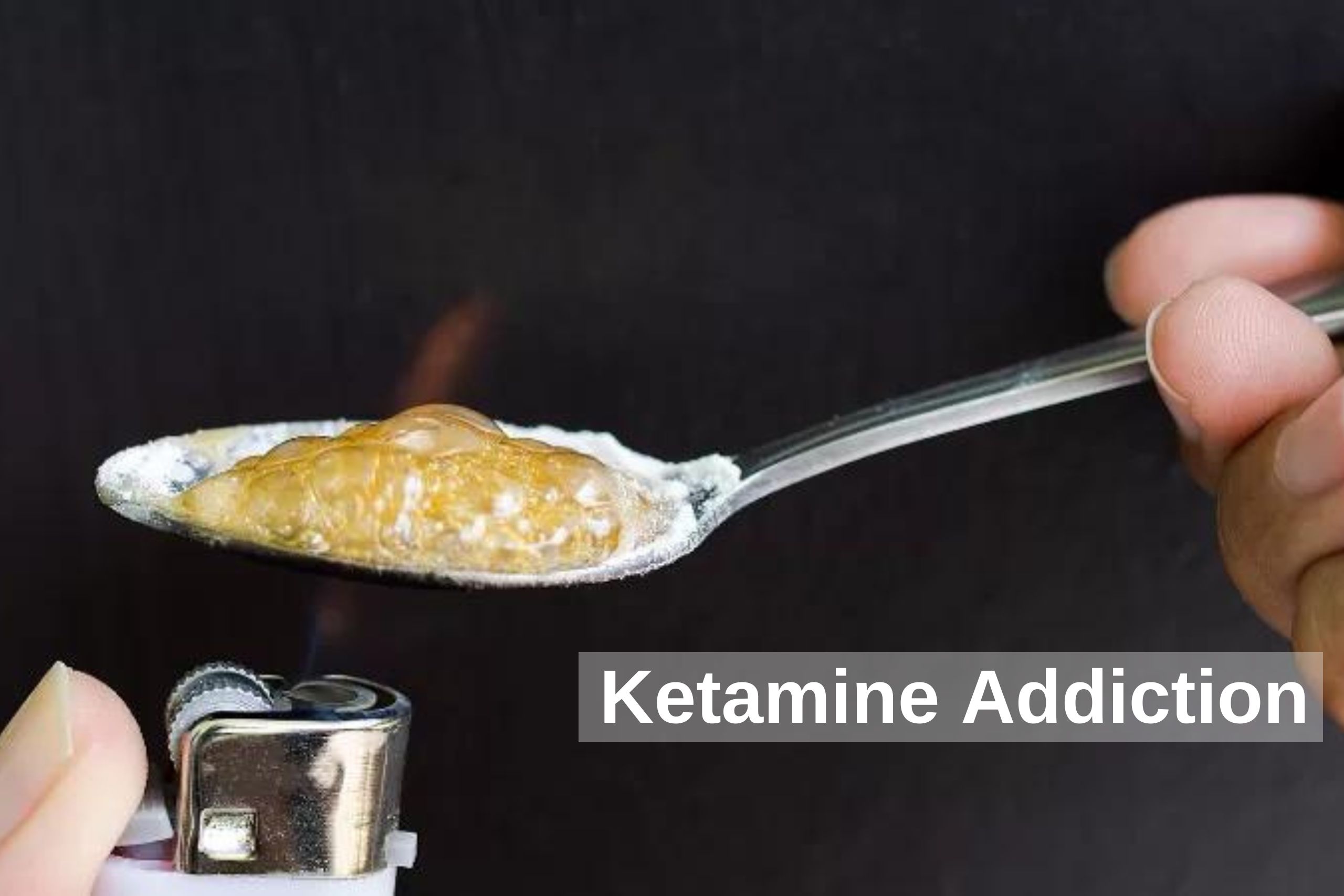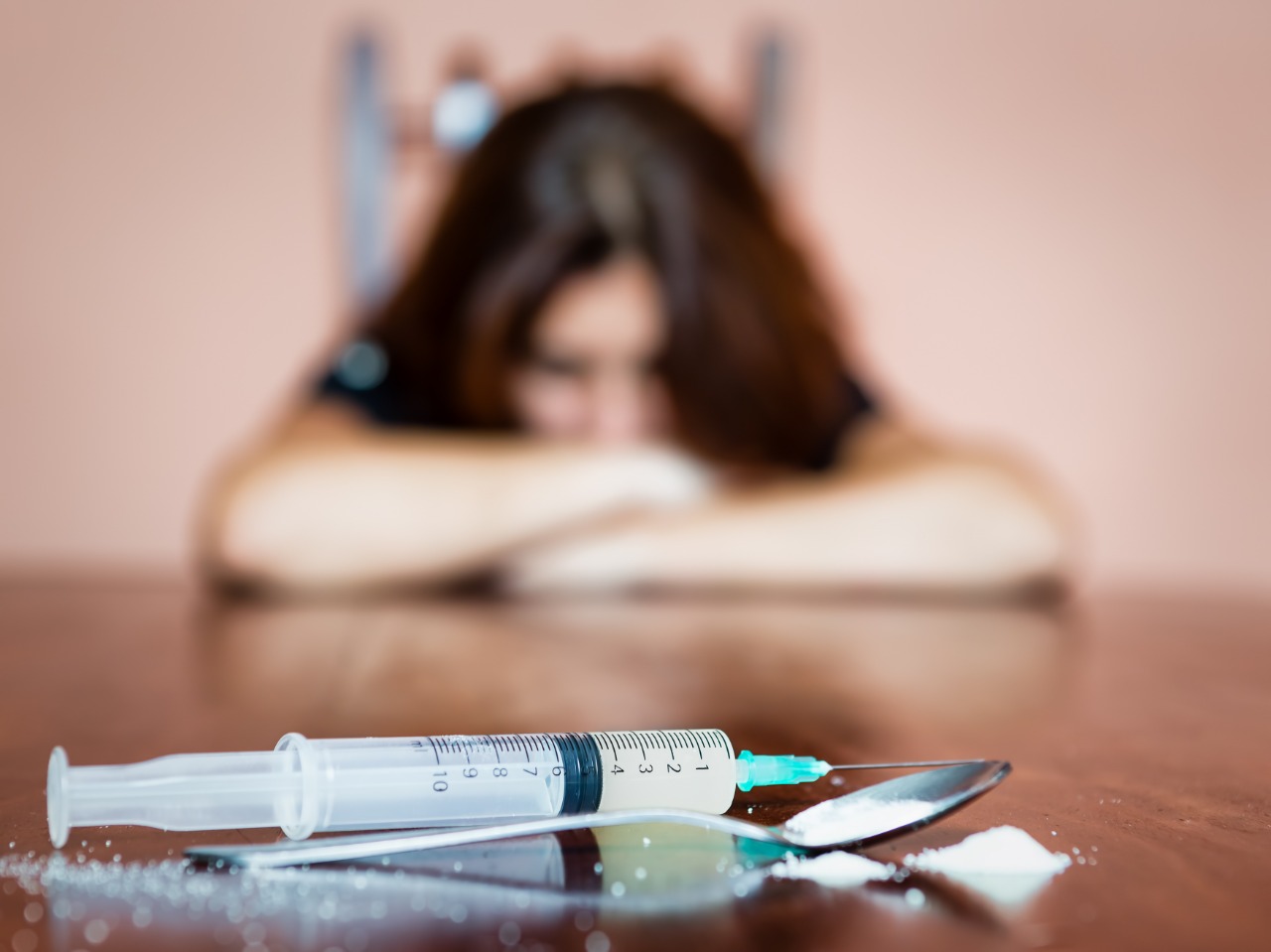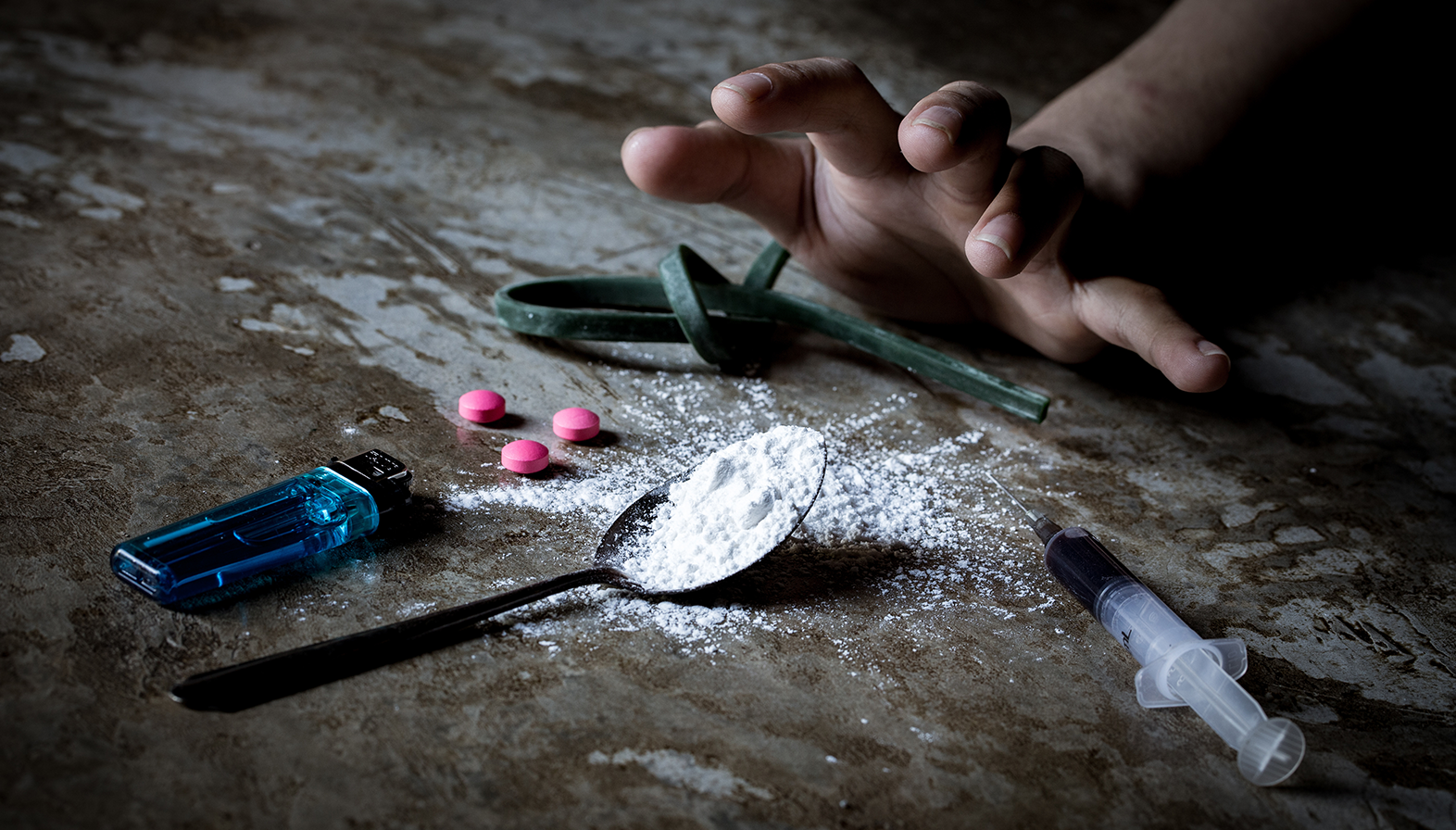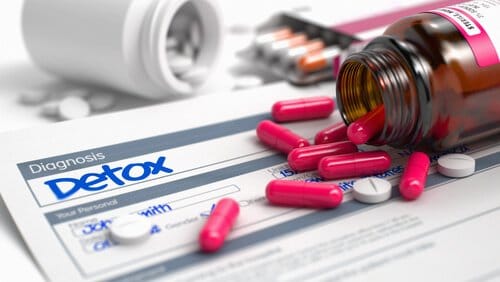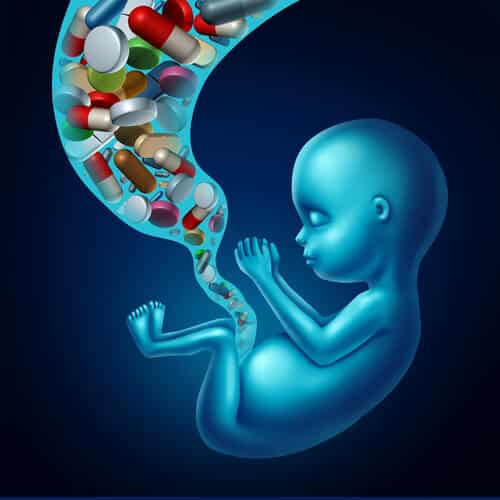The Many Types of Alcohol Detox and Rehab Centers to Choose From

If you have an issue with alcohol and have decided to address the issue, it is a courageous decision and it represents a big step forward. You feel that a large load has been lifted off of your shoulders and you are now ready to move forward and obtain the addiction treatment you need to get better. The next important step is to enter treatment and help yourself find the resources and the support to safely detox off of alcohol and enter long-term recovery. The good news is that there are plenty of options for alcohol withdrawal in New Jersey.
The first job is to establish the level of care you need. Alcohol detox is the most acute level of care and involves medication assisted treatment, or MAT, to address alcohol withdrawal symptoms and mitigate alcohol cravings. The next level is Partial Care, if you are not experiencing any severe alcohol withdrawal symptoms, but still need an intense level of care through supporting medications and intense therapy. The lowest level of facility-based care in intensive outpatient, or IOP. In this level of care, group therapy is provided but less frequently and integration with work begins. Fortunately, whether you are in Bergen county, Somerset county, Hunterdon county, Union county, or Mercer County in New Jersey you have access to a alcohol detox facility in New Jersey, Only a thorough evaluation can establish the level of acre you need.
Alcohol detoxification and alcohol withdrawal management in New Jersey can be obtained on an inpatient basis or on an outpatient basis.
Traditionally, inpatient was the only option as alcohol detox was deemed risky due to the risk of seizures and stroke. However, the increased availability of medications for alcohol detox have made outpatient detox as safe as inpatient detox. Outpatient alcohol detox in New Jersey is available in Freehold, Middlesex and West Orange and it can actually deliver better results due to the integration of the home environment into treatment. Alcohol withdrawal can be dangerous, as it can lead to seizures or even stroke, so alcohol detox should be undertaken only in a medical setting under clinical supervision. Safe alcohol treatment with individualized medication protocols and titration can take anywhere between 10 and 14 days.
Alcohol detox involves the utilization of medication to address withdrawal symptoms, cravings and the risk of seizures and stroke. Group therapy and individual therapy is also needed to move the patient from pre-contemplation to contemplation stage and get them involved in therapy in order to effect the lifestyle changes needed to keep on the path to long-term recovery.
Outpatient alcohol detoxification delivers better results because skills learned in treatment can be applied in the patient’s real living environment and what does not work can be adjusted in treatment. Also, the family can be involved in treatment and can be educated by the treatment program about how they can elevate the support for the patient at home and help stay abstinent. Inpatient treatment is only necessitated if the support system for the patient in the home environment is not conducive to recovery or if the patient suffers from a medical condition requiring 24-hour monitoring.
The role of self-help groups such as AA and NA cannot be discounted. While therapy in the facility provides relapse prevention and coping skills, self-help groups provide support, a sense of community, crisis interventions over the long-term and a sense of community and social belonging.
Holistic therapy also helps. It is a meditative therapy that is designed to treat the patient’s mind, body, and spirit. Holistic therapy is becoming increasingly popular due to its ability to help patients stay sober. Holistic therapy also comes with alternative activities including massage, yoga, and acupuncture.
Dual-diagnosis therapy treats a person’s alcohol addiction as well as a disorder that may have caused it in the first place, such as anxiety or depression. Sometimes. patients turn to alcohol to cope with inner demons and do more harm to themselves. What dual-diagnosis therapy does is
treat the person’s problem at the root so that long-term sobriety is more likely.
Sober living is a special home for people in recovery – whether from alcohol, opiates, benzos, or other drugs. Patients will live with other people in recovery and are tasked with helping and supporting one another in times of need. Sober living is ideal for patients who have completed formal medical treatment and have a chance of relapsing in the future or returning to their unhealthy addiction due to a less-than-optimal home environment.
As you can see, there are many ways to get treated for alcohol addiction, whether you need medical detoxification or just talk therapy. If you aren’t sure which kind is the best for you, you can talk to a medical doctor for professional advice. Please go to RecoveryCNT.com or call 732 560 1080.
Related Articles



